Forum Discusses Fire Prevention After Marsh Fire
Fire prevention in Devonshire Marsh was the subject of a forum for stakeholders on Tuesday night, which “learned how the changing ecology of the marsh has made it more fire-prone,” the organisers said.
Organised by the Bermuda Audubon Society and the Bermuda Fire Service, the forum held at Hamilton Fire Station followed up on the major fire in the marsh on March 17th of this year.
The event brought together landowners and business owners/managers in the marsh, including residents, industrial and commercial operations, and the two environmental organisations which own nature reserves in the marsh basin – the Audubon Society and the Bermuda National Trust.
Footage of the fire in March
Chief Fire Officer Lloyd Burchall said: “We were very pleased when Karen Border, president of the Audubon Society, suggested this forum, as fire prevention is a key part of the Bermuda Fire and Rescue Service’s mandate.
“We were delighted to partner with Audubon to engage the Devonshire Marsh community in a conversation about the importance of the marsh and steps that can be taken to ensure that the homes, businesses and natural open space are kept as safe as possible from fires in the future.”
Divisional Officer Leonard Davis spoke about the 17 March fire, how it progressed and was controlled and the challenges involved.
The fire burned 30 acres of the 40-acre east basin of the marsh. Divisional Officer Aaron Denkins spoke on fire prevention and what to do in the event of a fire. He offered on-site risk assessment and advice for each of the local businesses.
Aerial footage of the fire in March
“Among the fire prevention options discussed was the reopening of the open-water ditch system through the marsh, which used to be maintained by the Department of Health for mosquito control,” the organisers said.
“This would help to provide a fire-break and source of water for fire-fighting. Culling of invasive vegetation such as cow cane and Napier grass, especially in the vicinity of the buildings, was also advised.
Alison Copeland, Biodiversity Officer at the Department of Environment and Natural Resources, gave an overview on the ecology of the marsh and its importance as Bermuda’s largest wetland that was never used as a garbage dump.
She explained that it was originally forested with cedars and palmettos, much like Paget Marsh. However cattle grazing, a major fire in 1914 and the cedar scale epidemic in the 1940s decimated the forest, changing the habitat of the central marsh to bracken and saw-grass savannah, which is very fire-prone. The last major fire prior to 2018 was in December 1996, which burned 20 acres.
Slideshow of the fire in Devonshire Marsh
-
The organisers said that, “Despite historic changes, Devonshire Marsh is still a vitally important wetland habitat for native and endemic plants, including the critically endangered native Ten Day Fern, and for birds such as herons, ducks, egrets and owls.
“Showing drone footage taken soon after the fire, Ms. Copeland said that much of the vegetation had resprouted quickly and only a limited number of native specimens had been lost.”
Karen Border thanked the Fire Service for their heroic efforts on the day of the fire and for hosting the follow-up event.
Read More About
Category: Accidents and fires, All, News

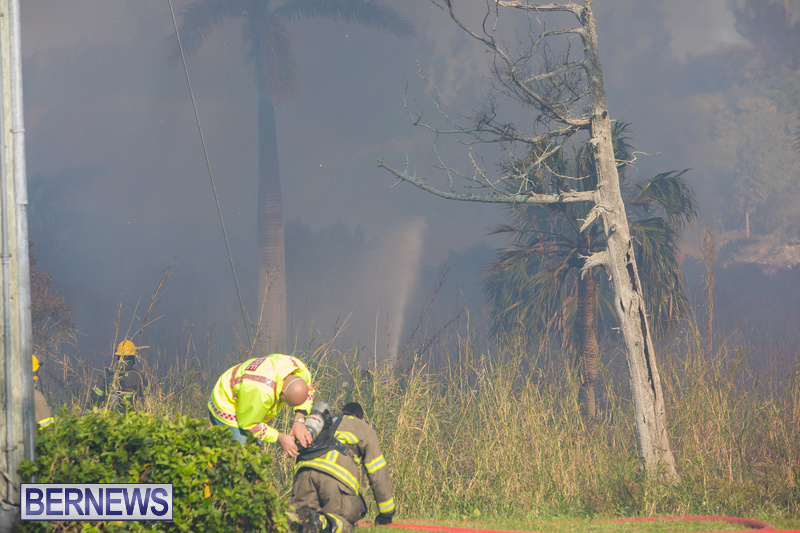
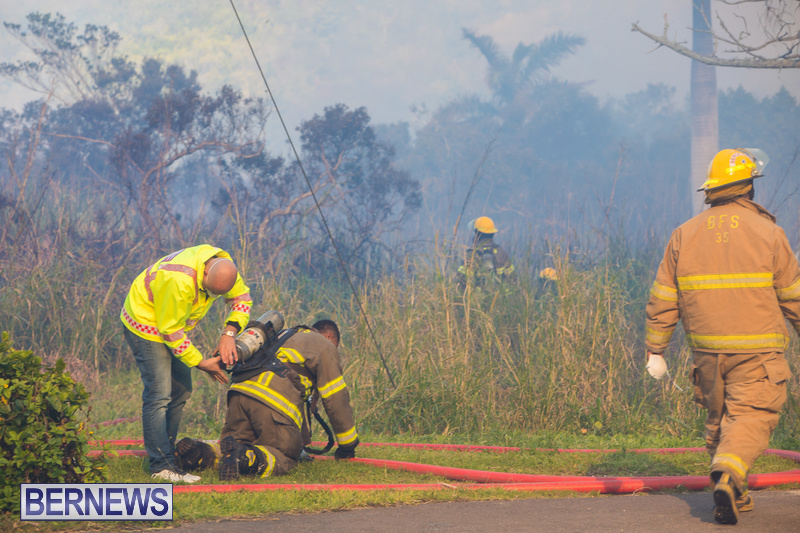
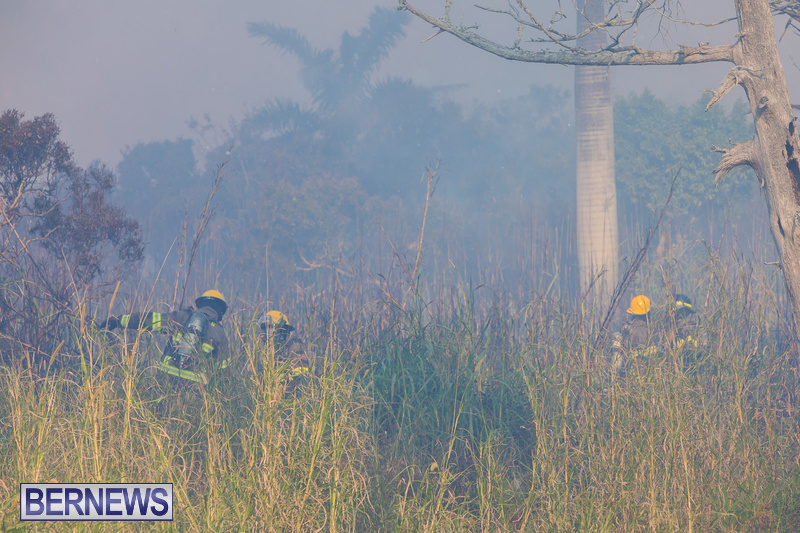
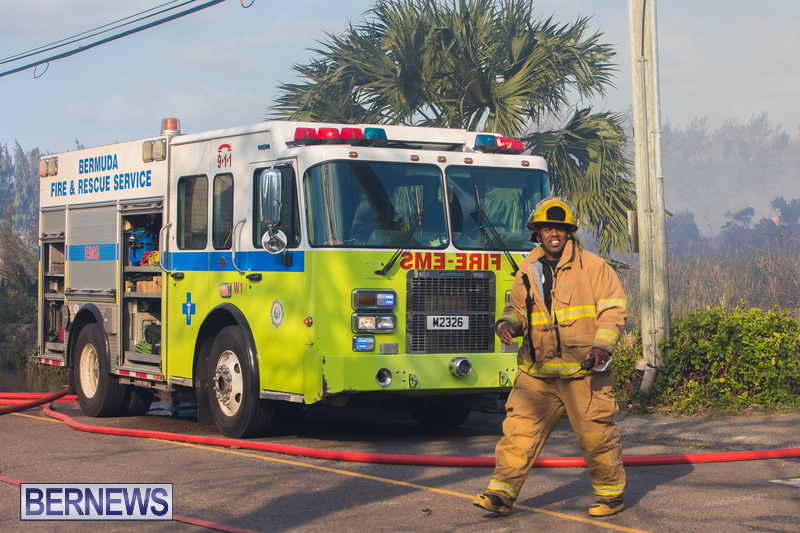
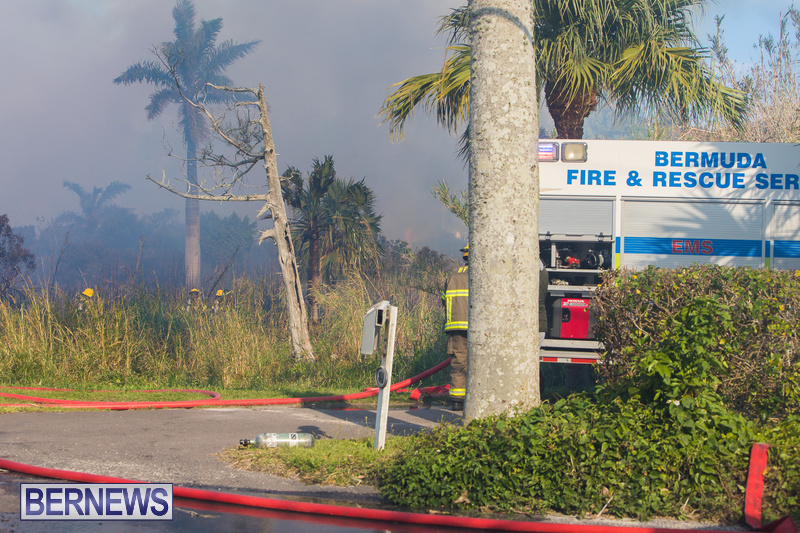
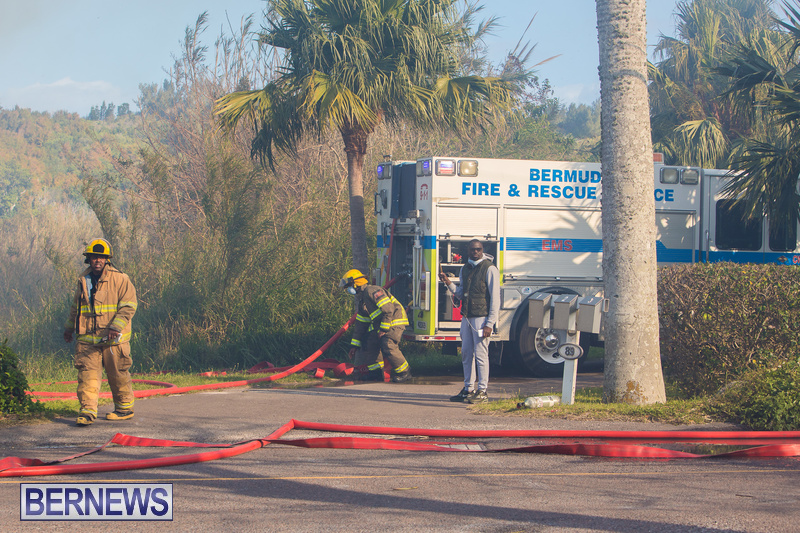
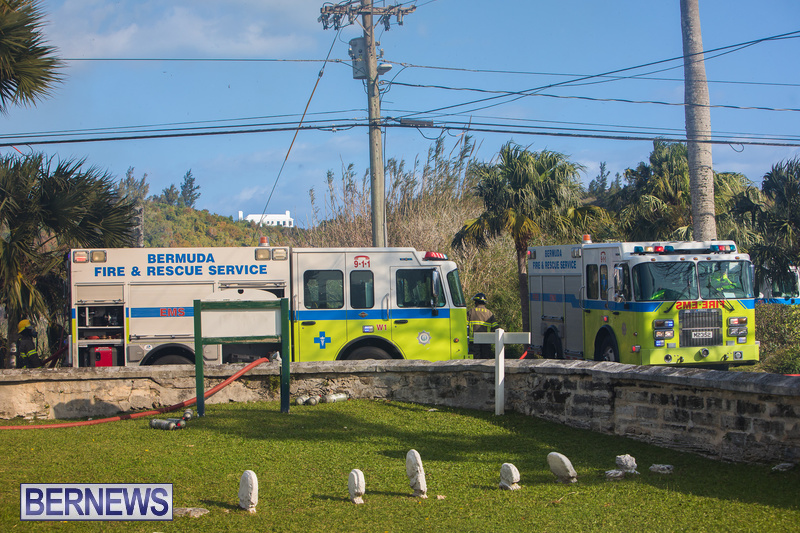
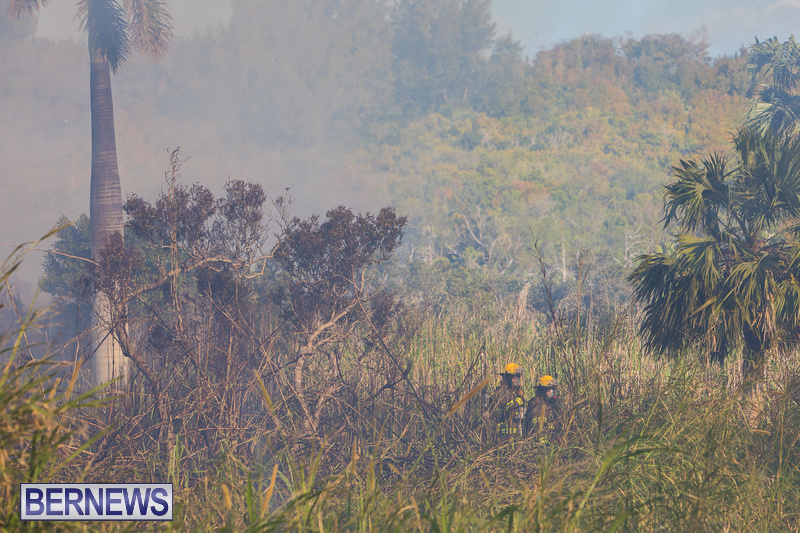
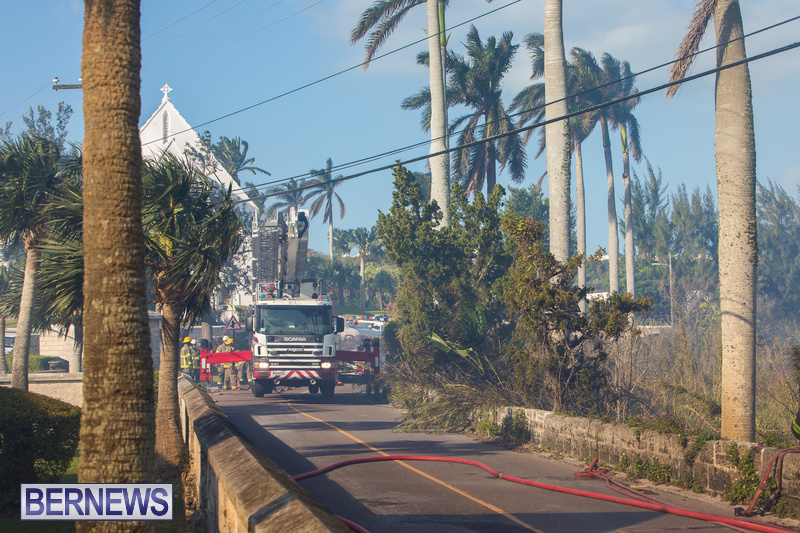
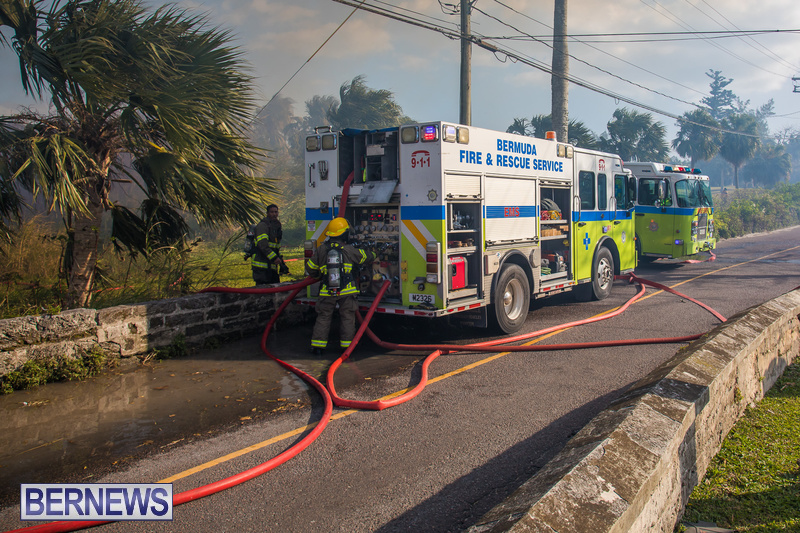
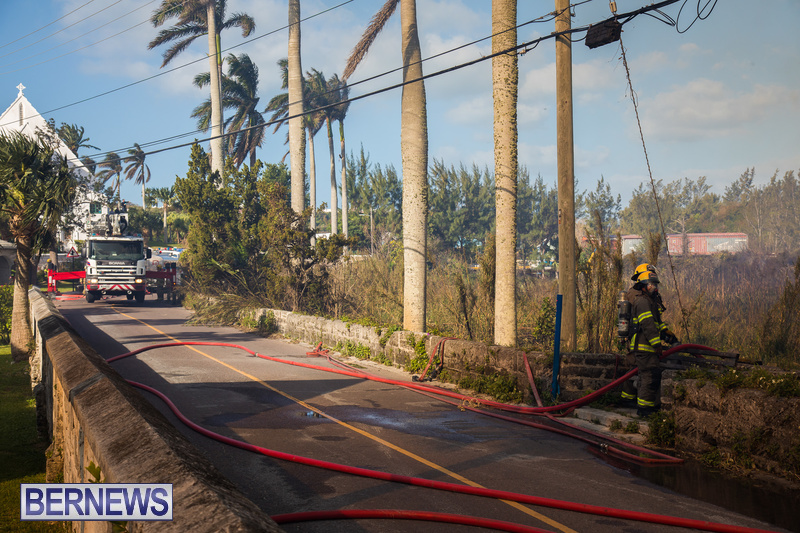
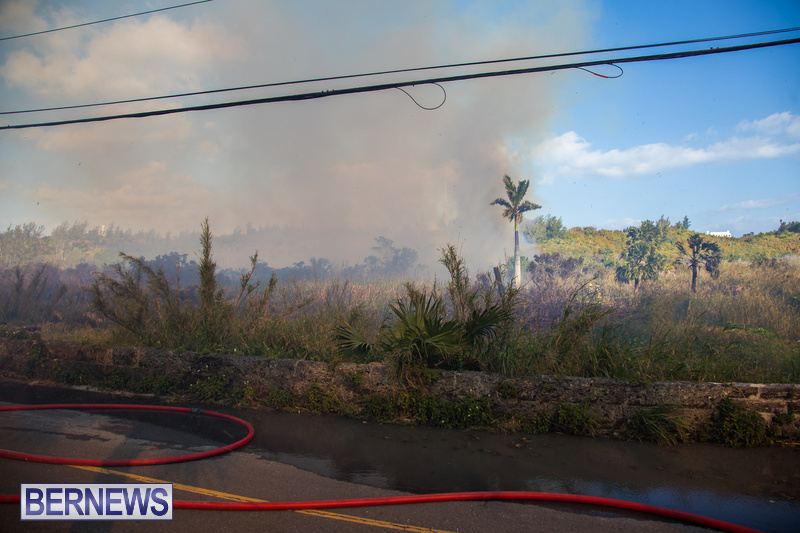
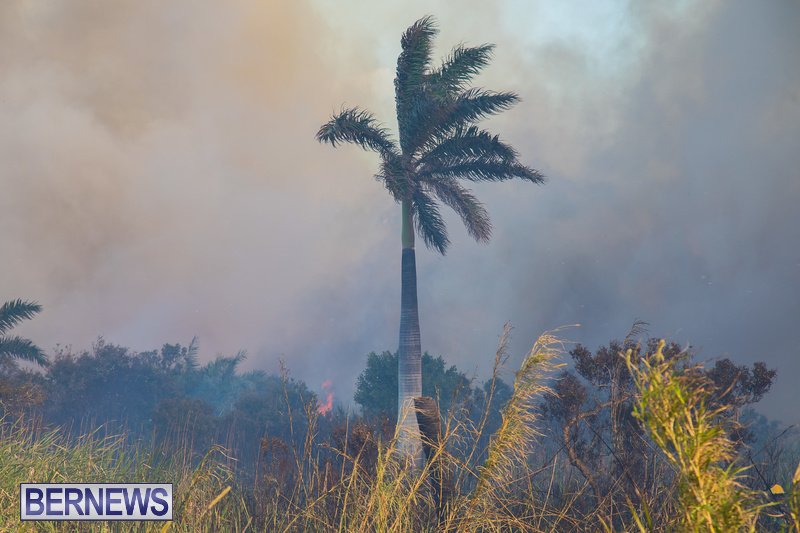
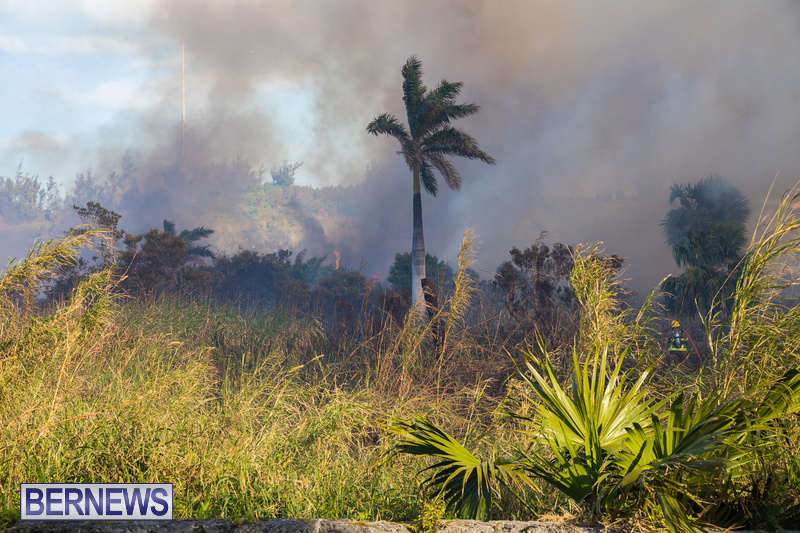
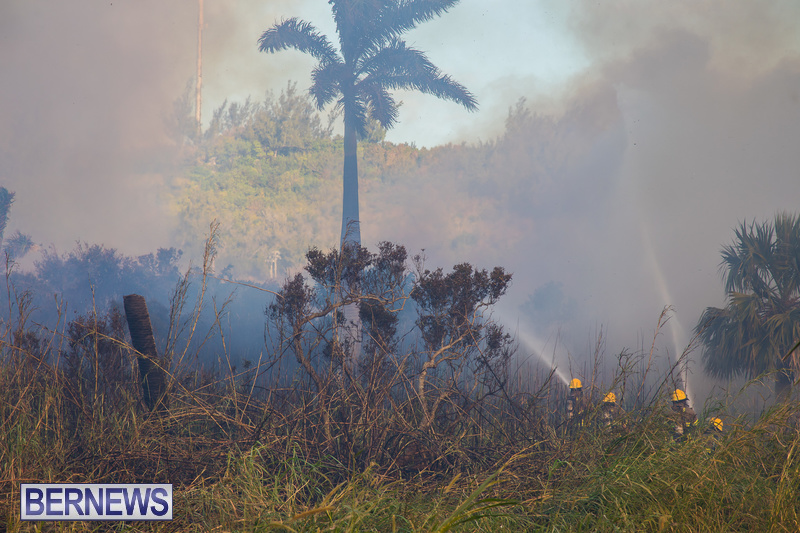
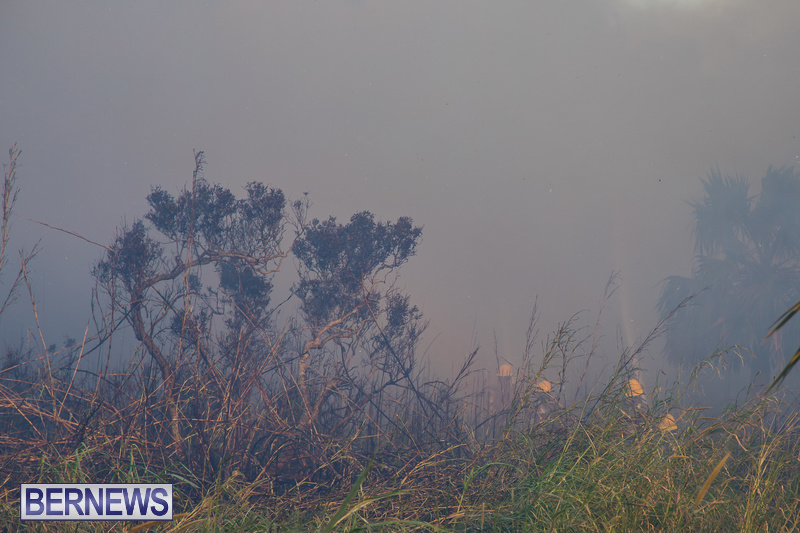
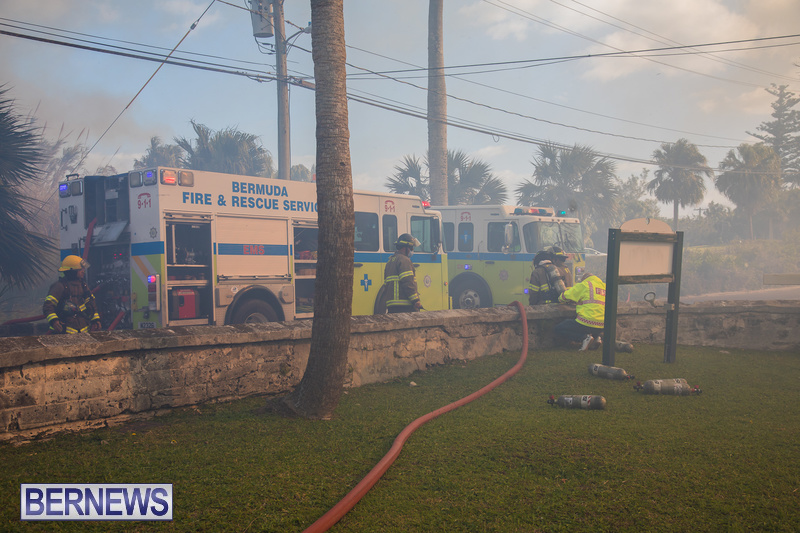
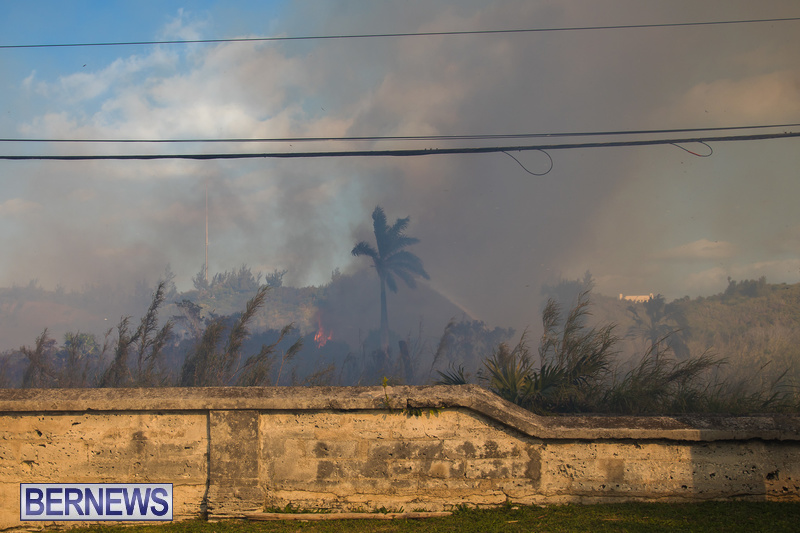
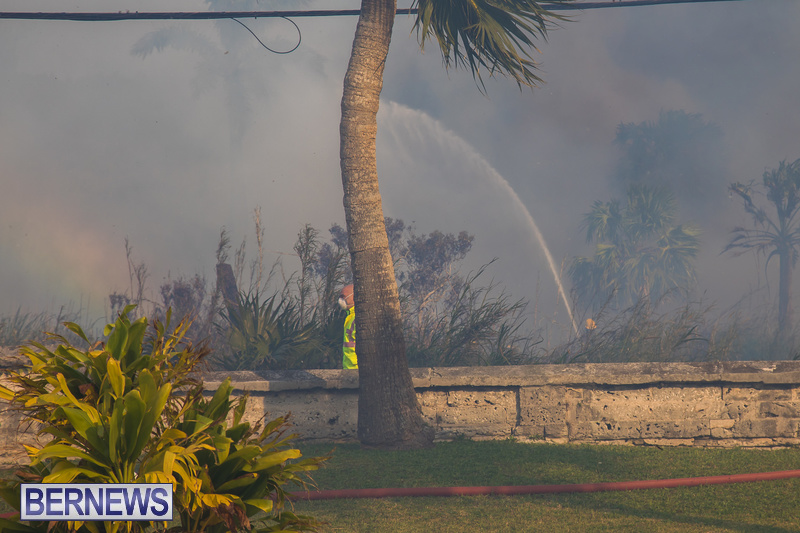
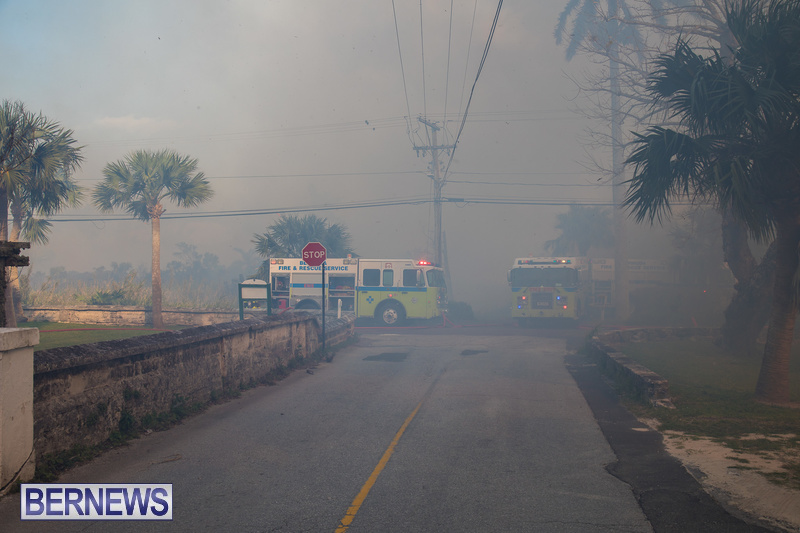
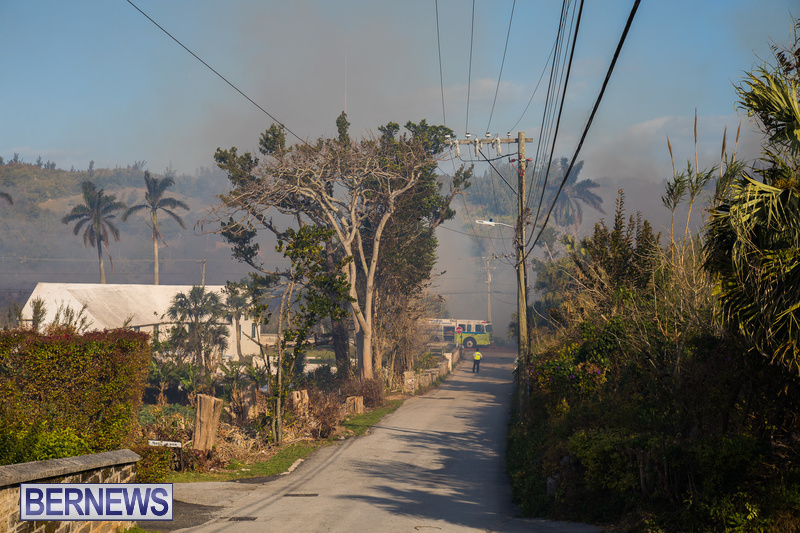
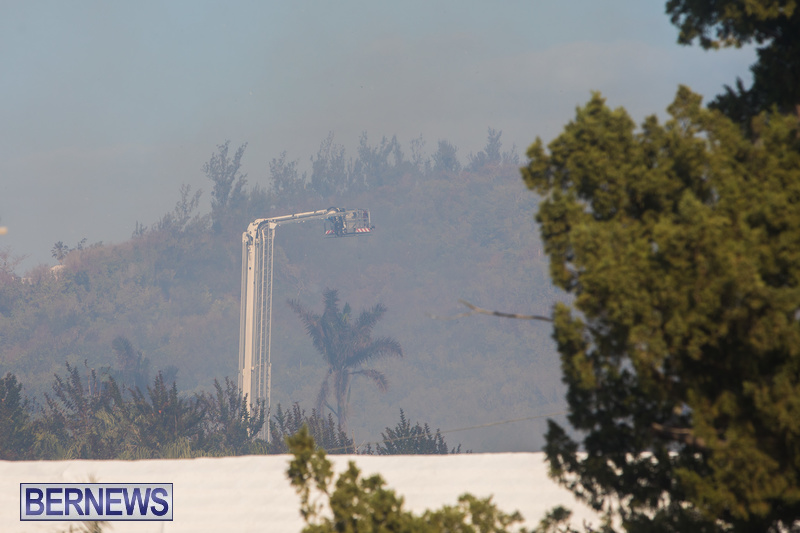
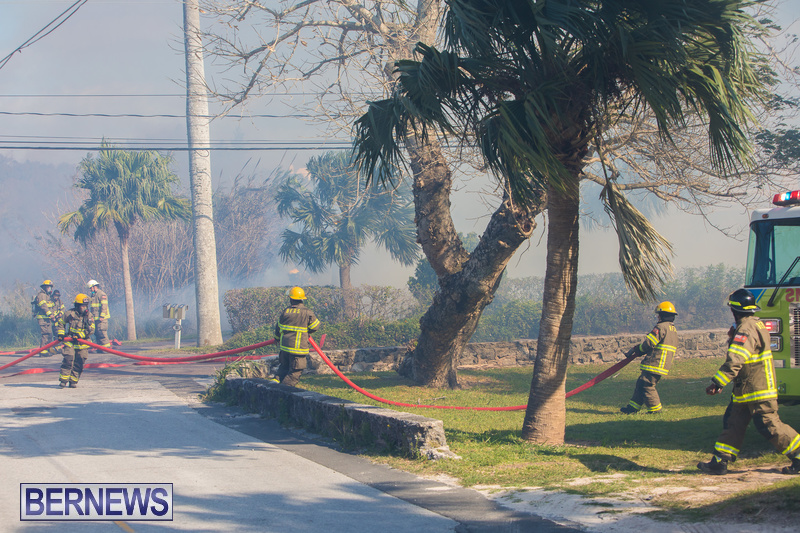
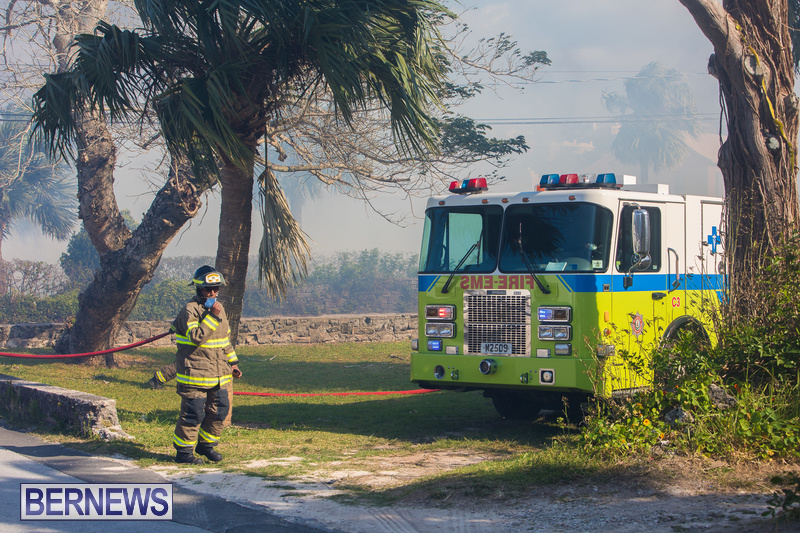
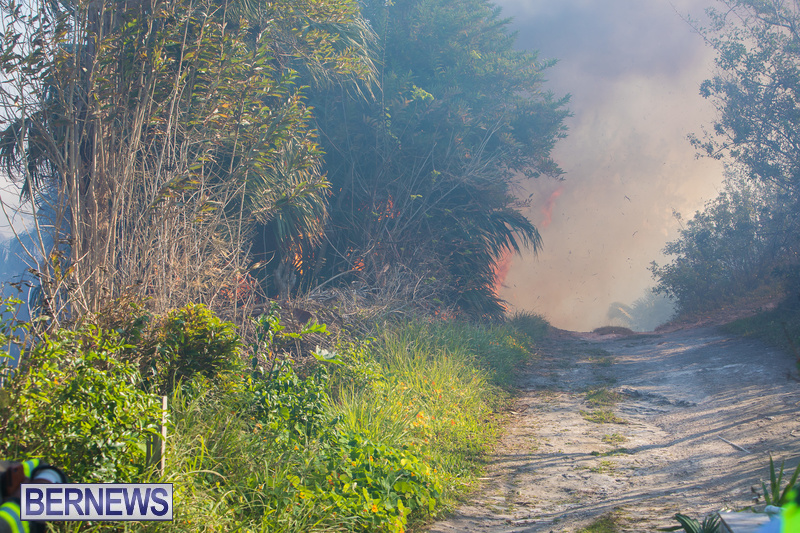
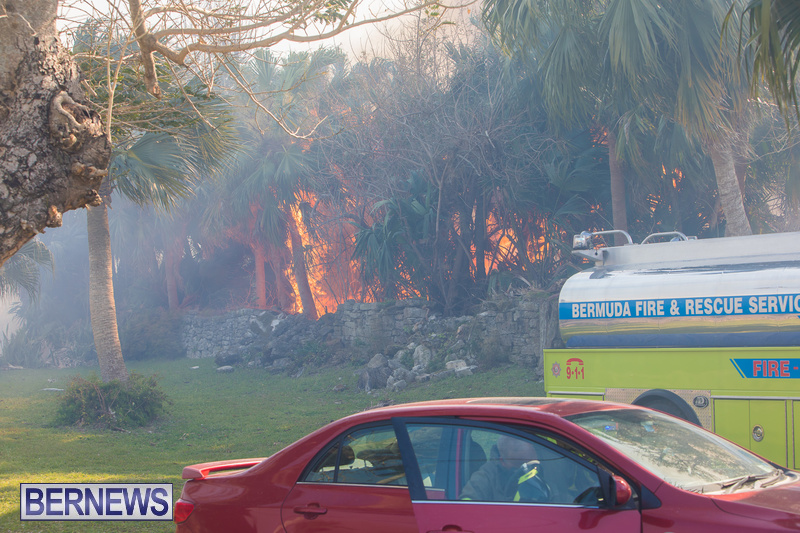

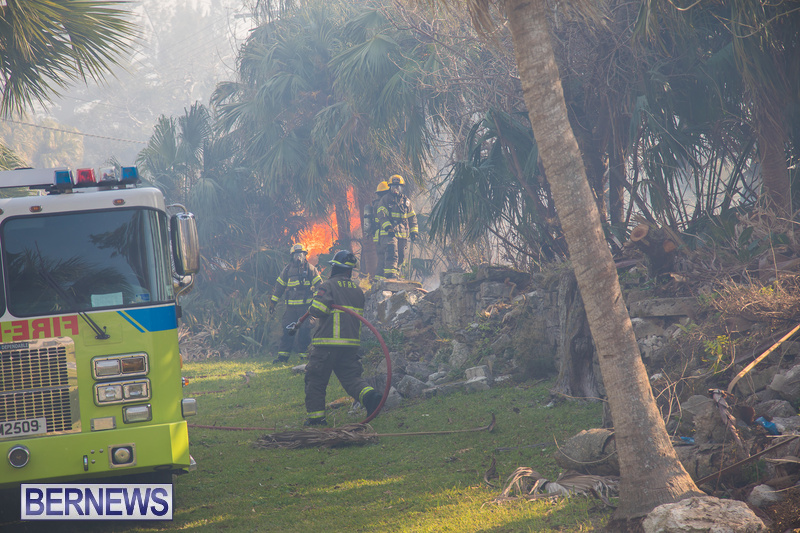
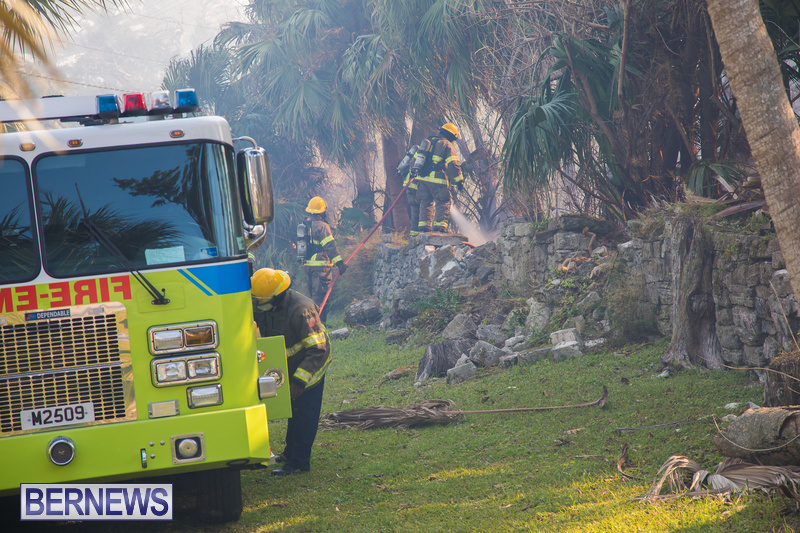
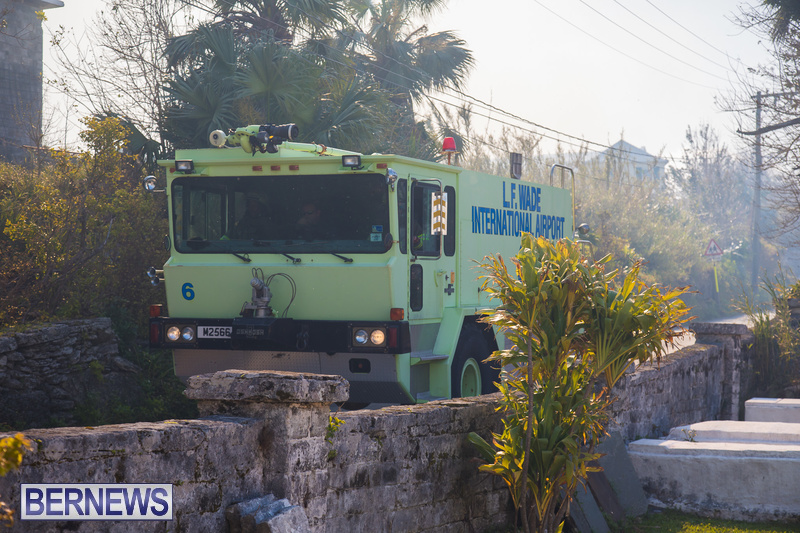
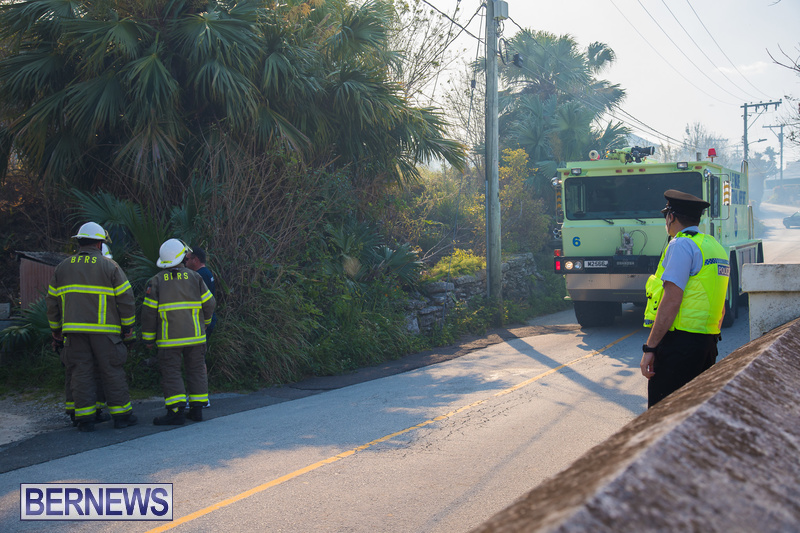
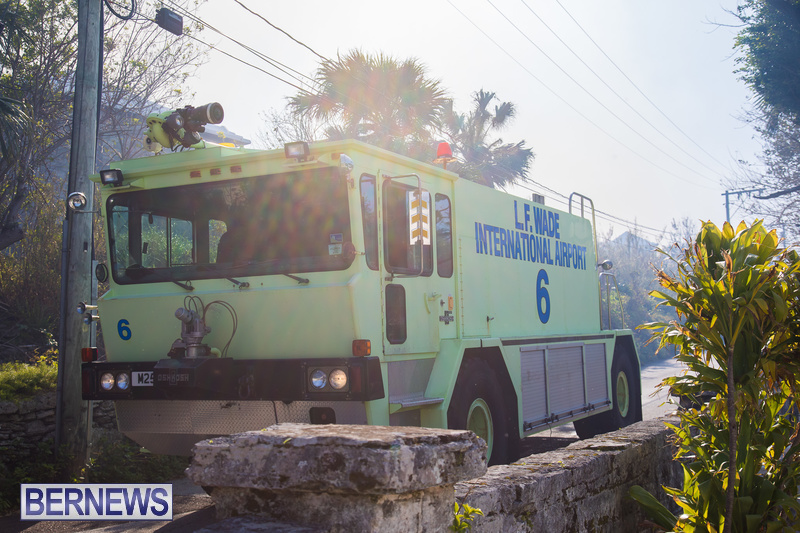
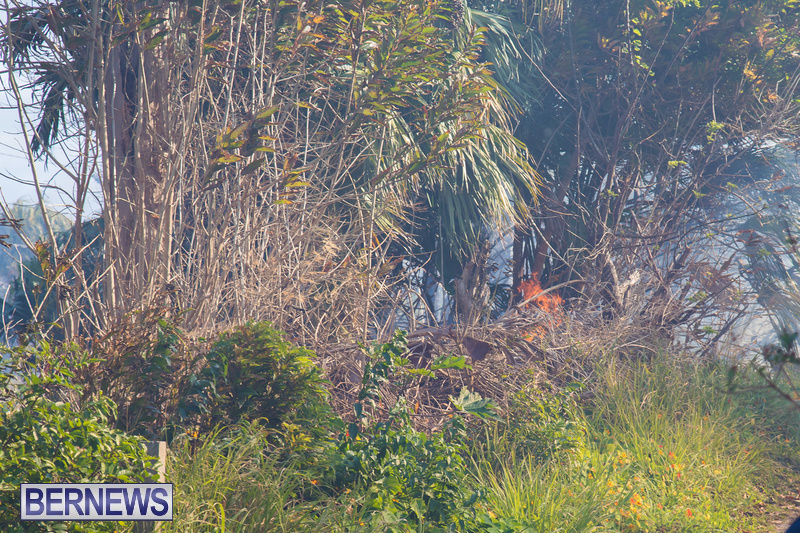
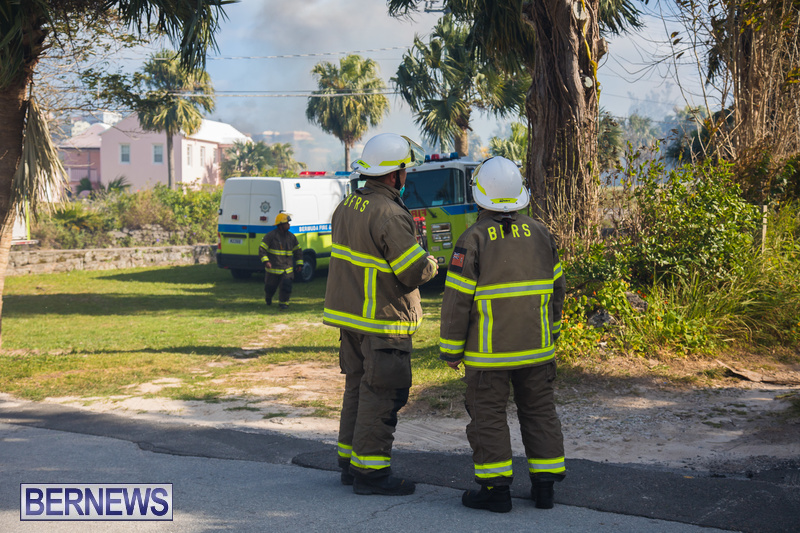
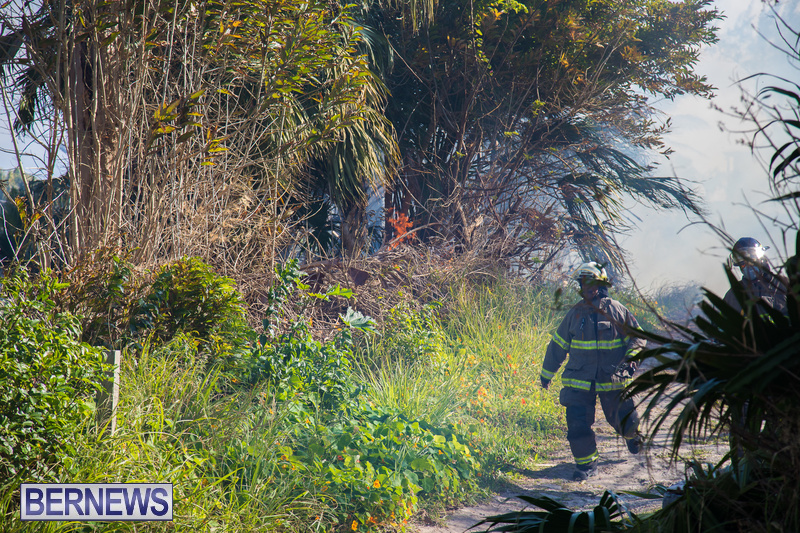
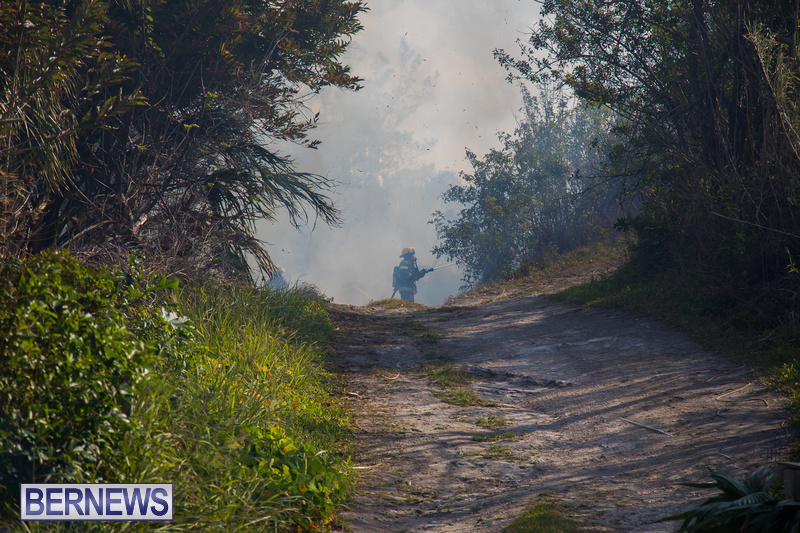
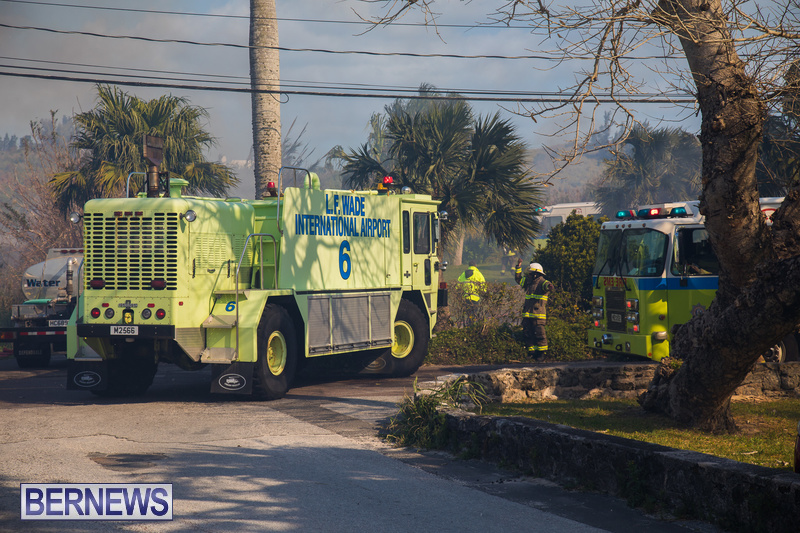
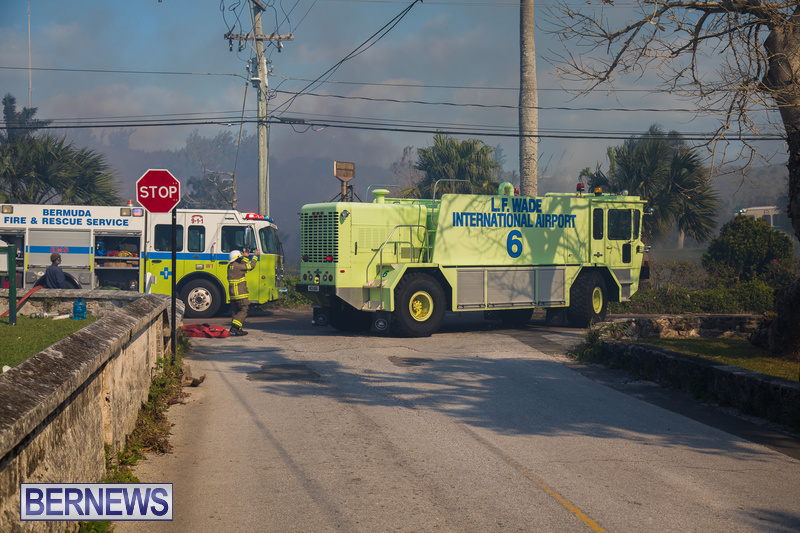
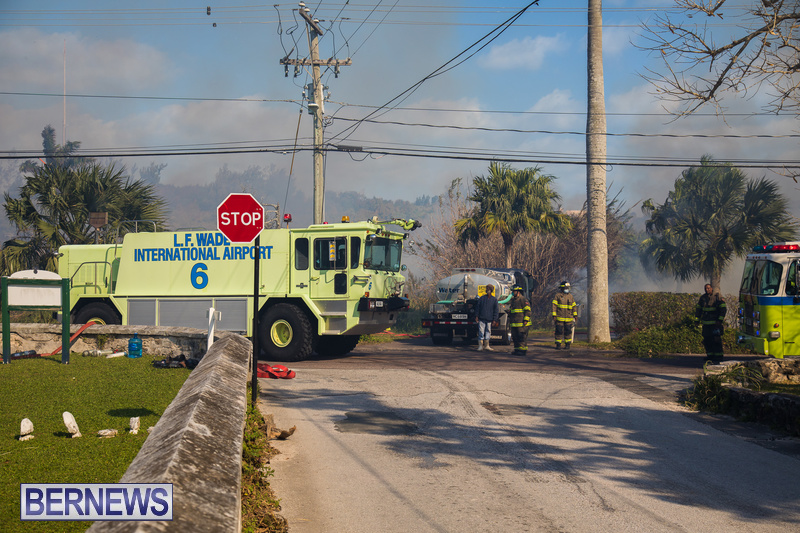
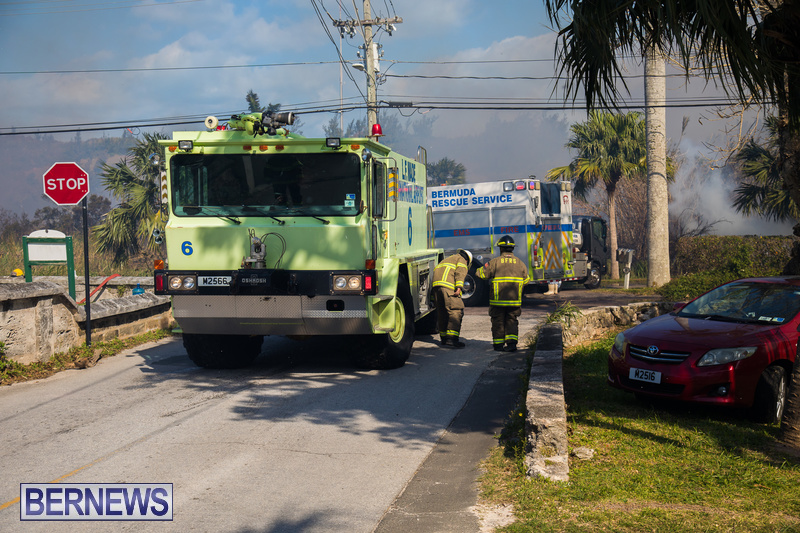
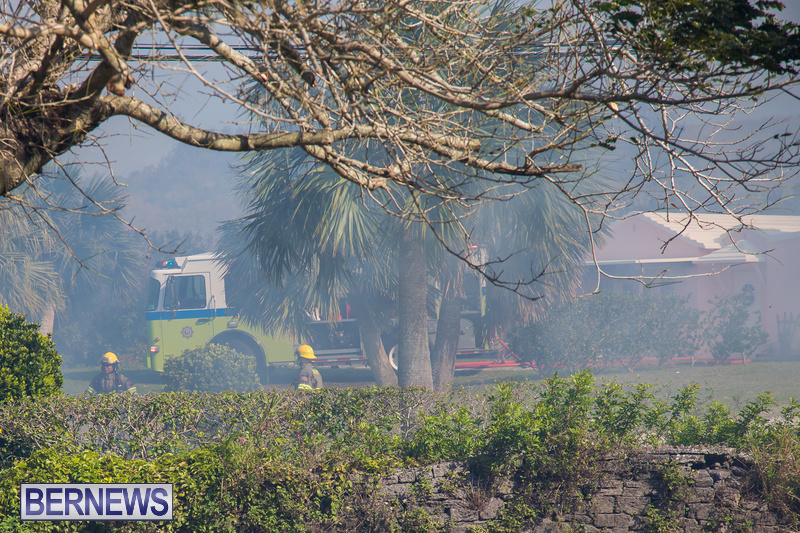
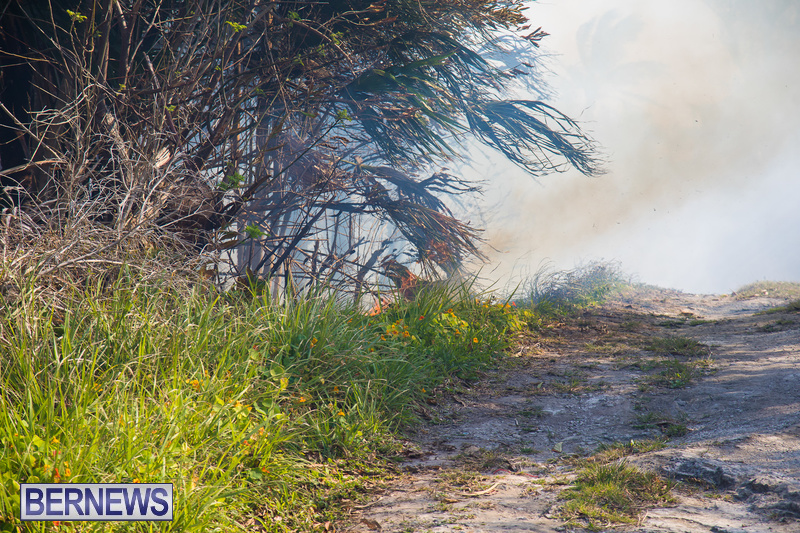
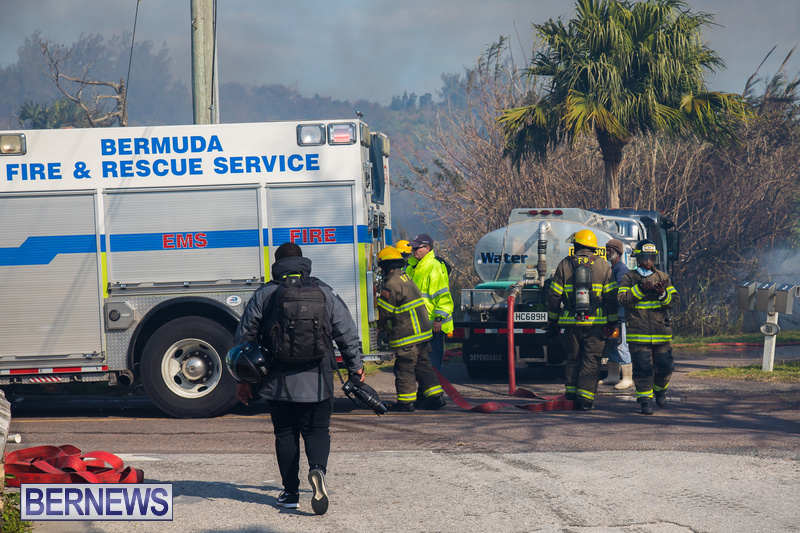
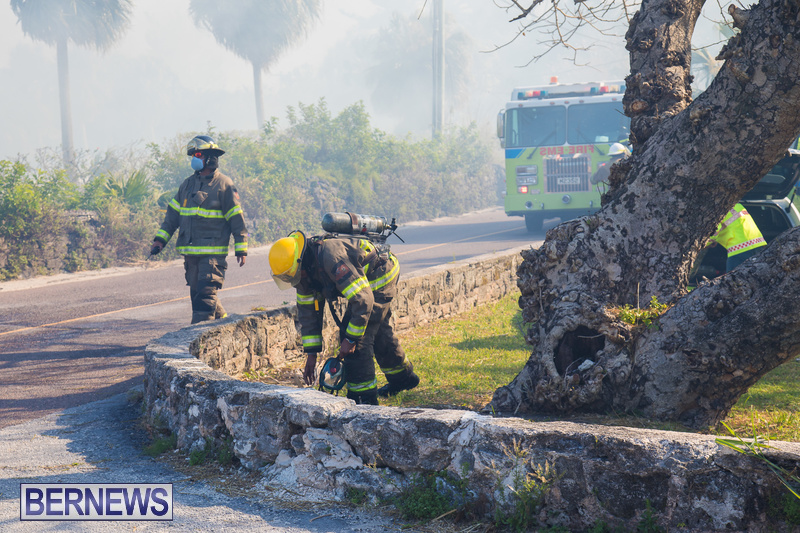
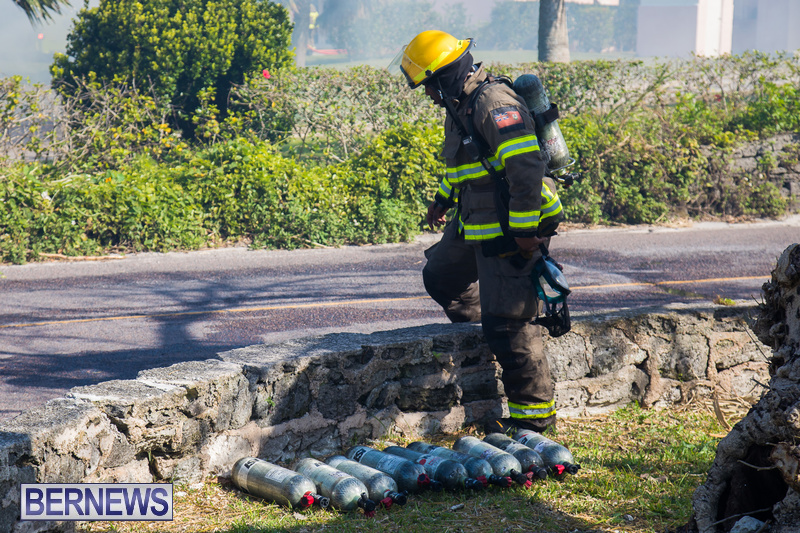
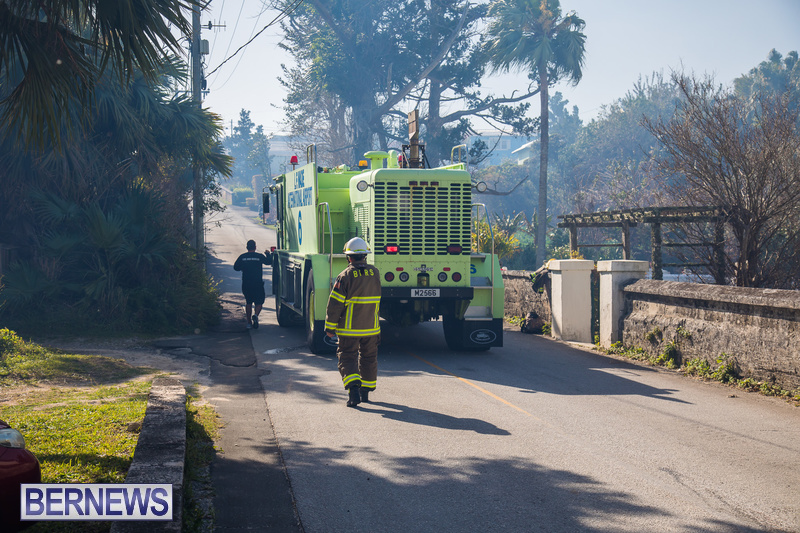
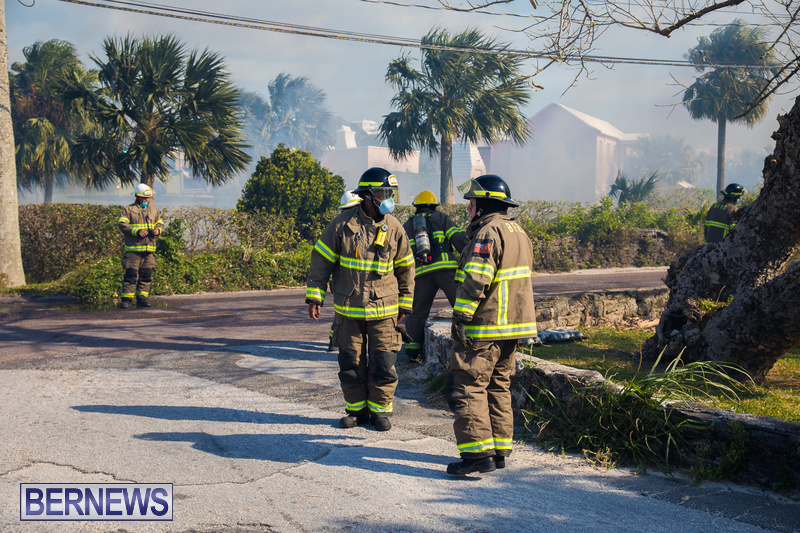
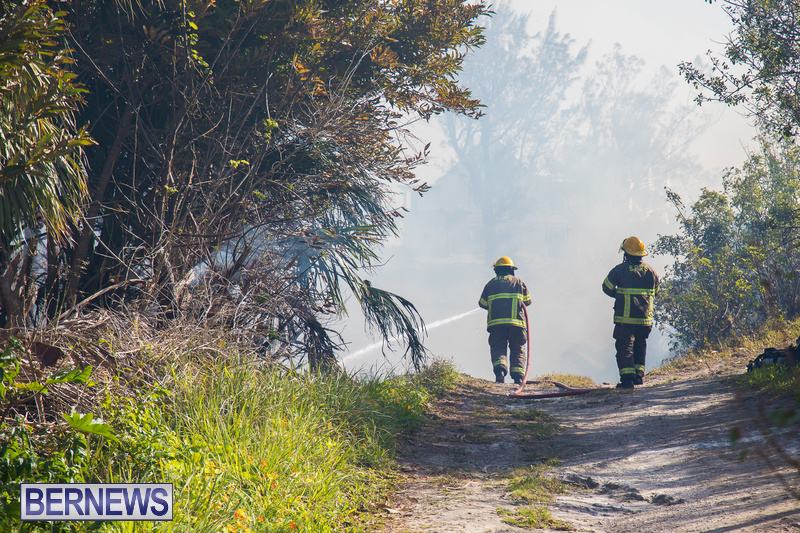
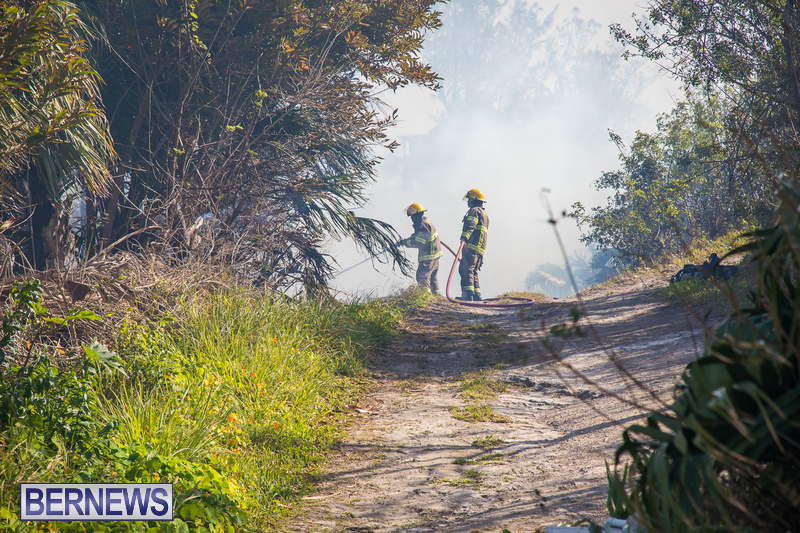
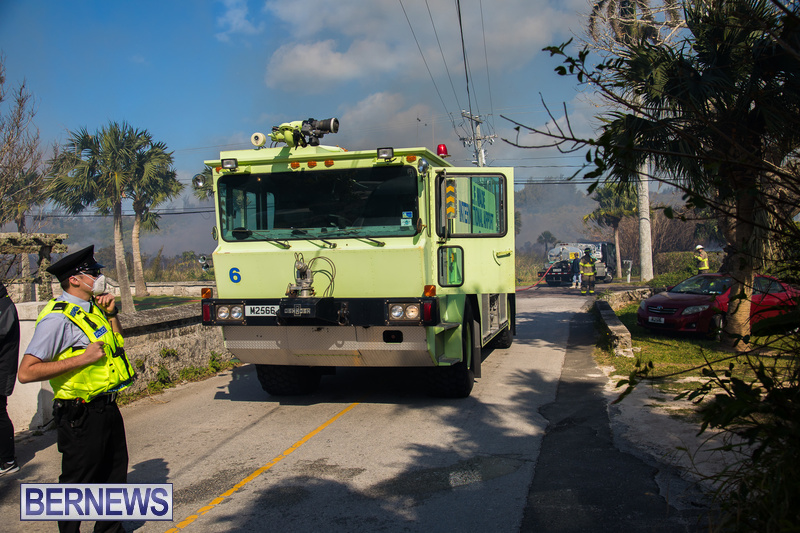
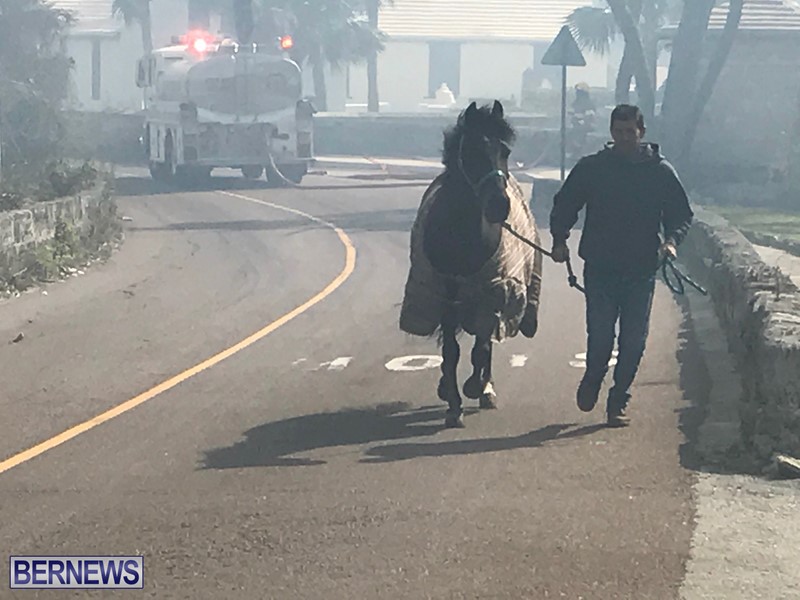
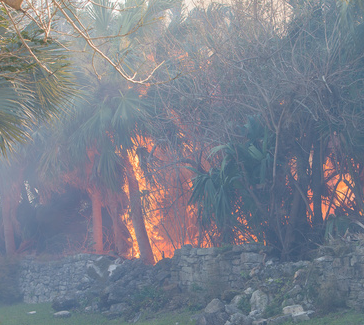
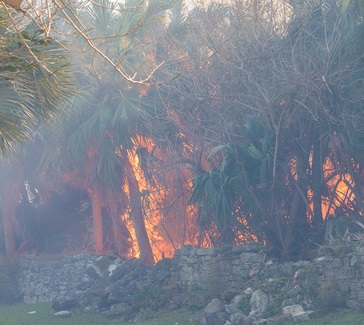
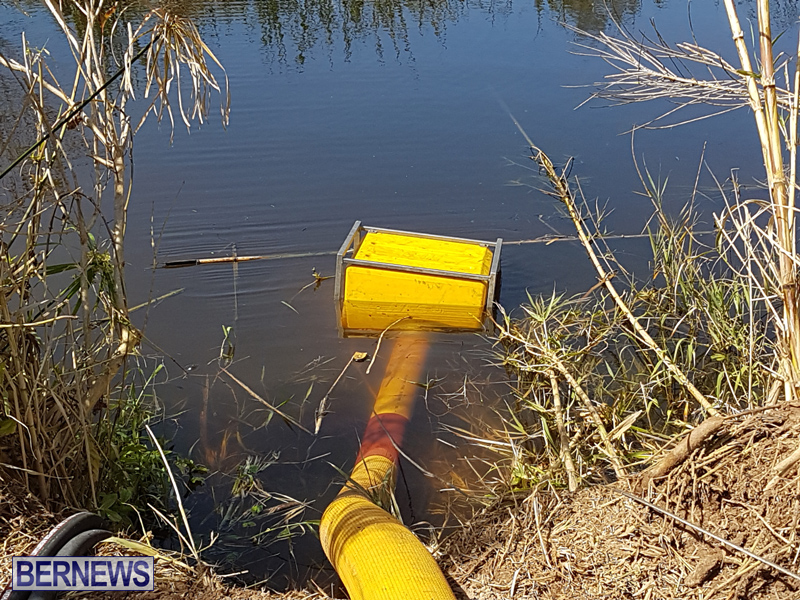
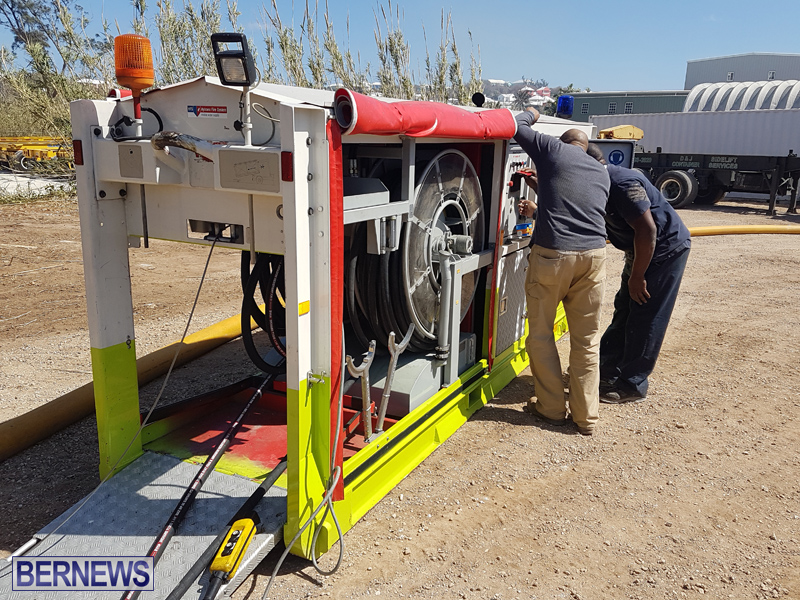
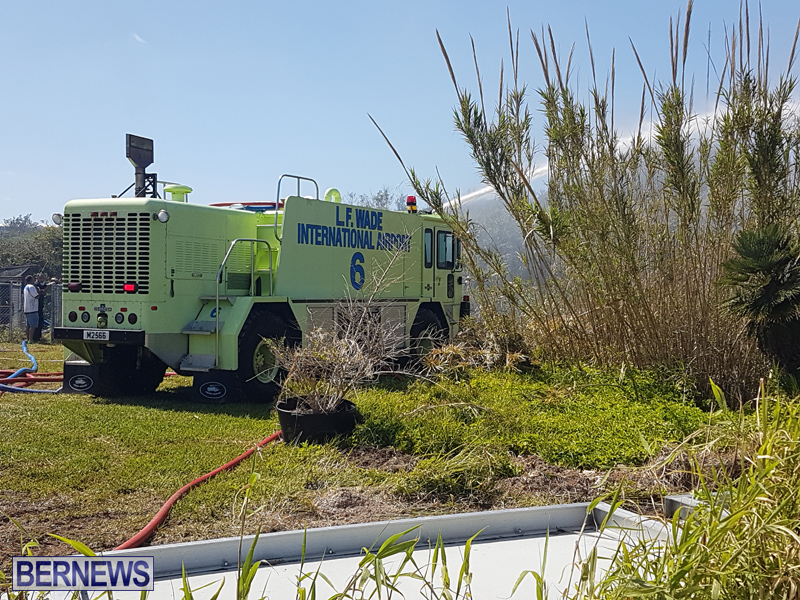
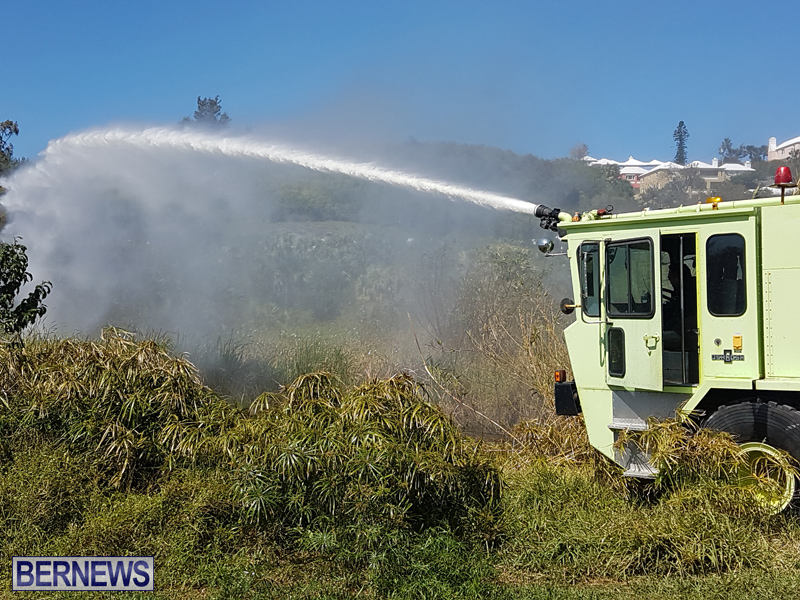
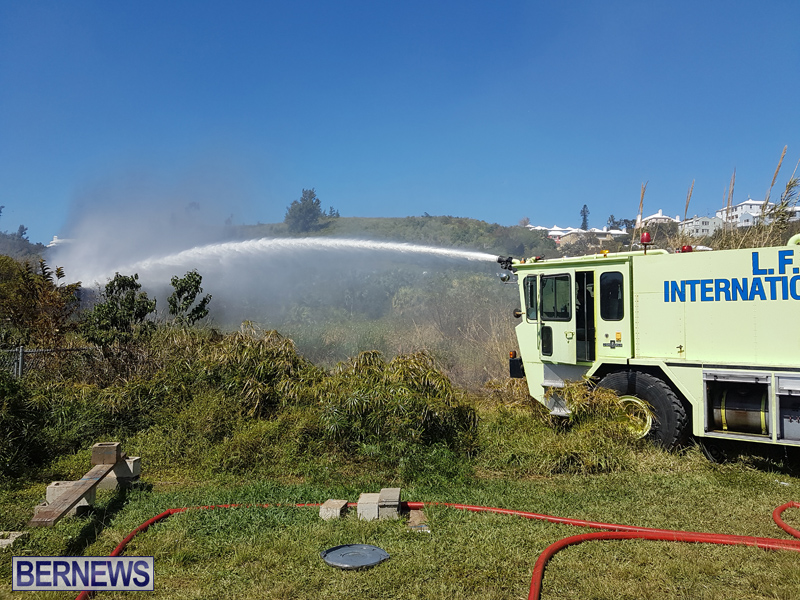
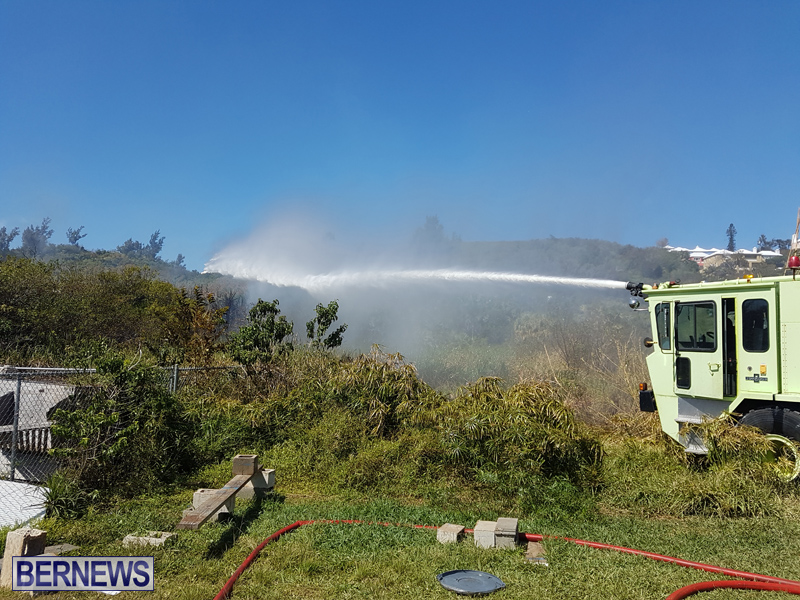
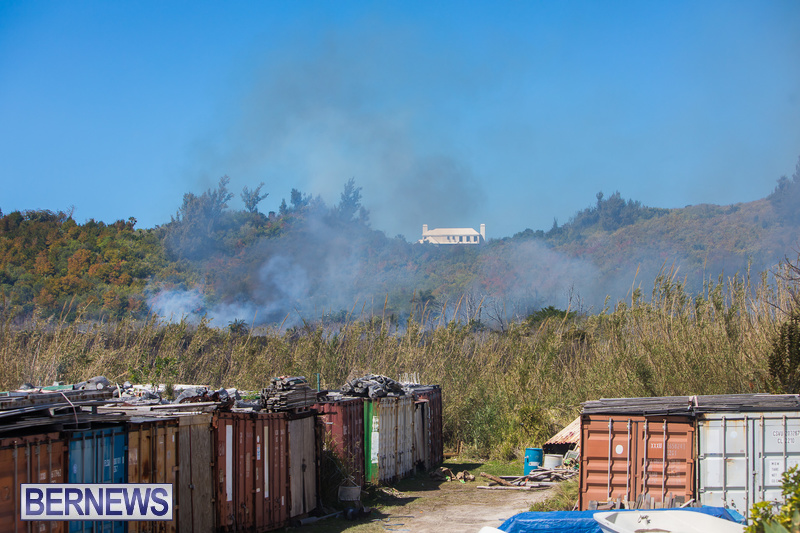
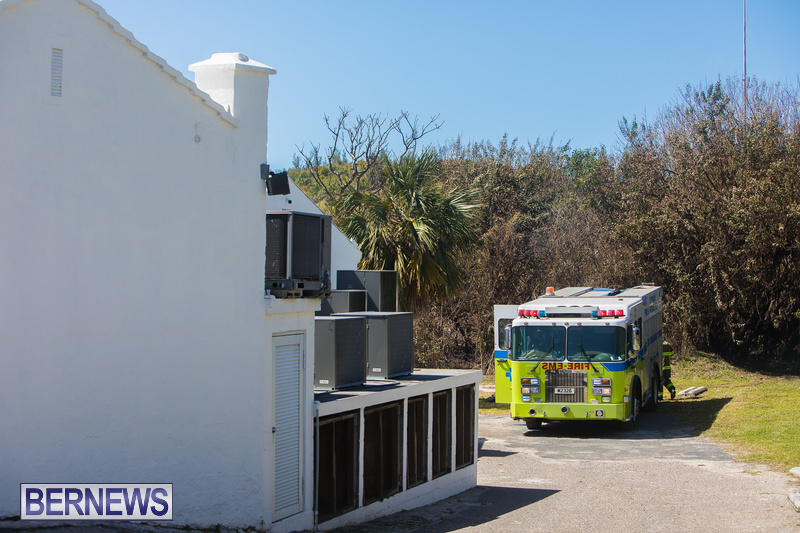
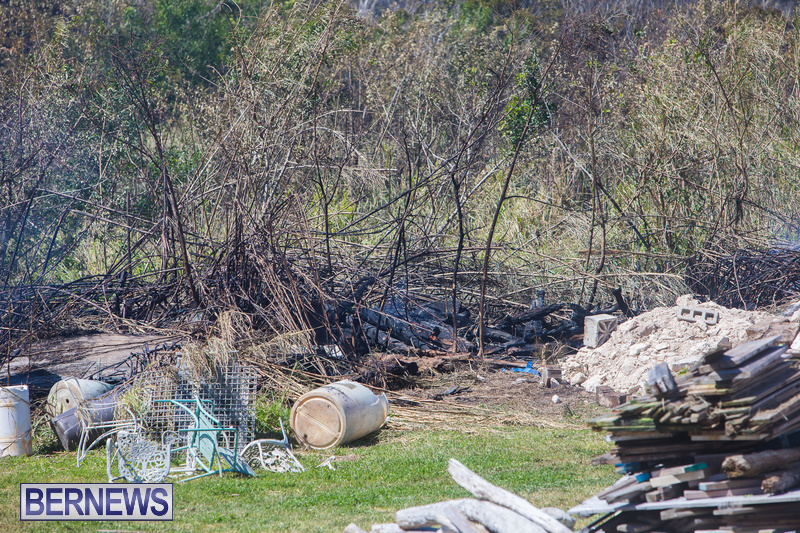
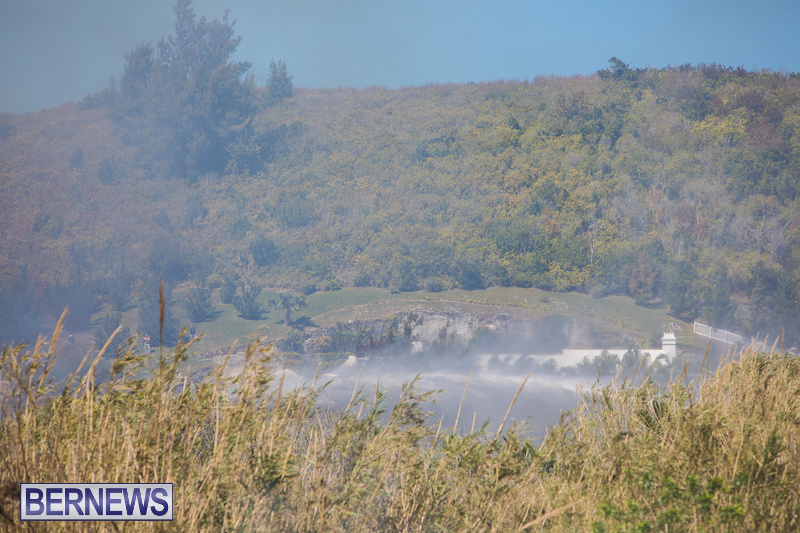
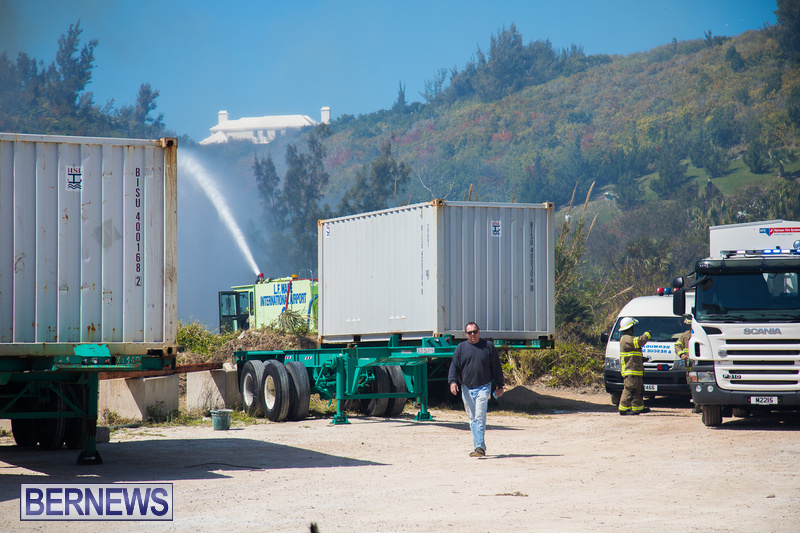
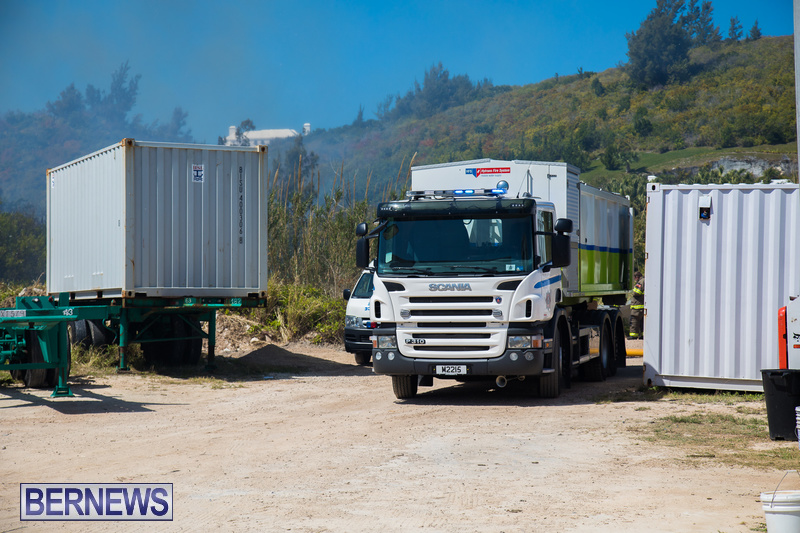
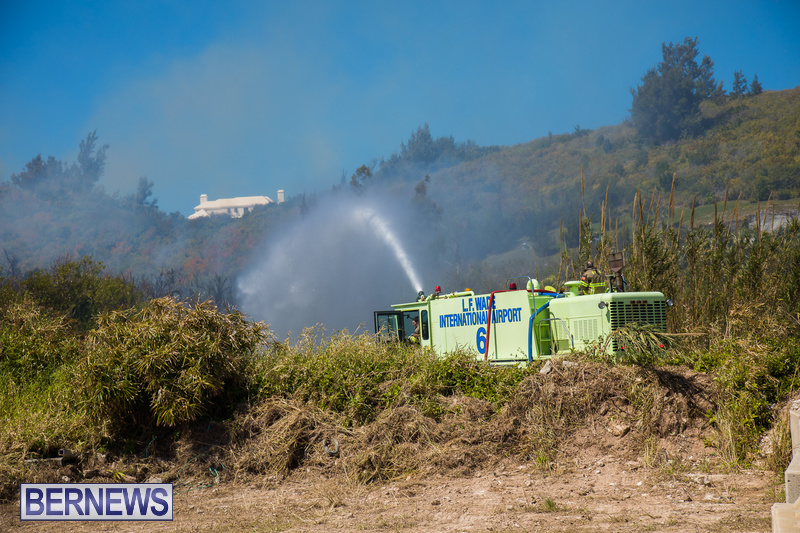
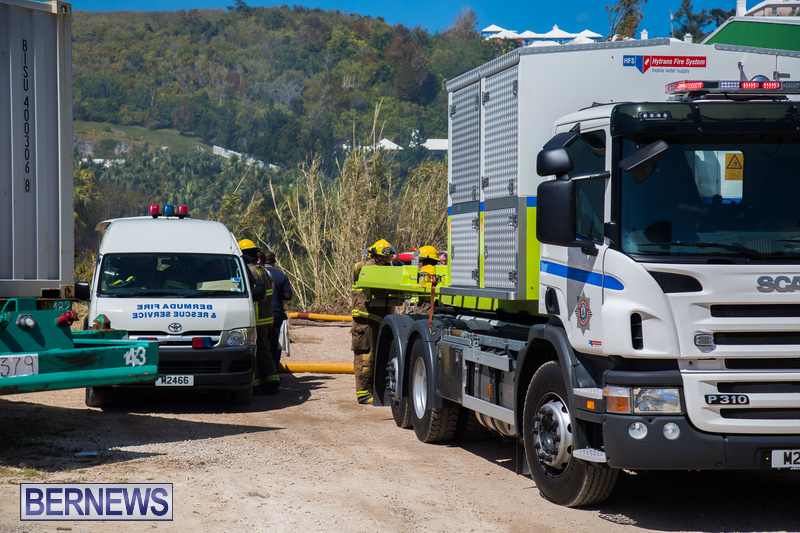
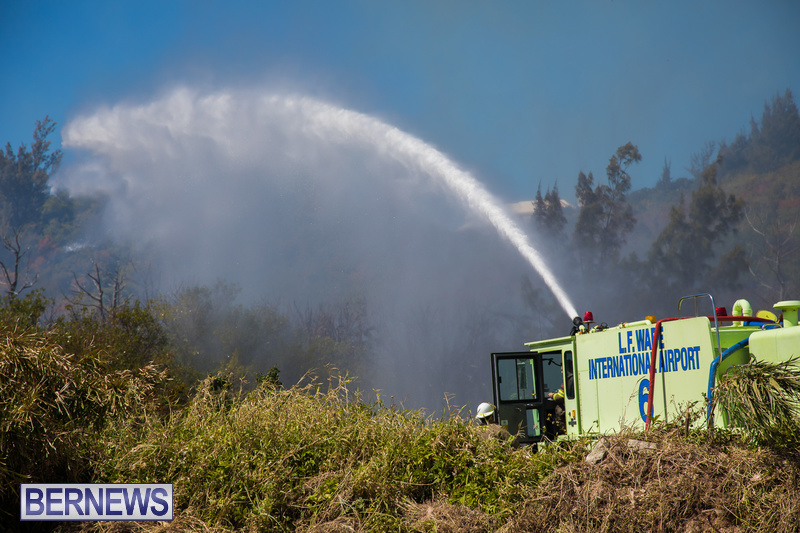
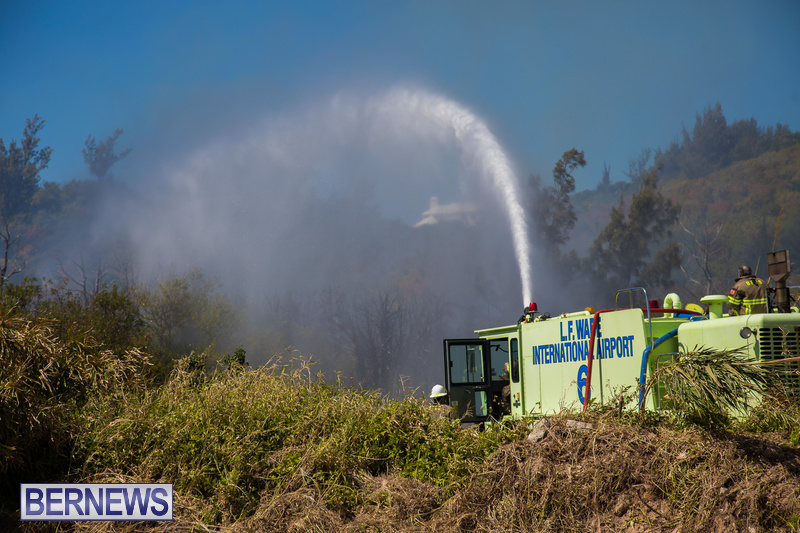
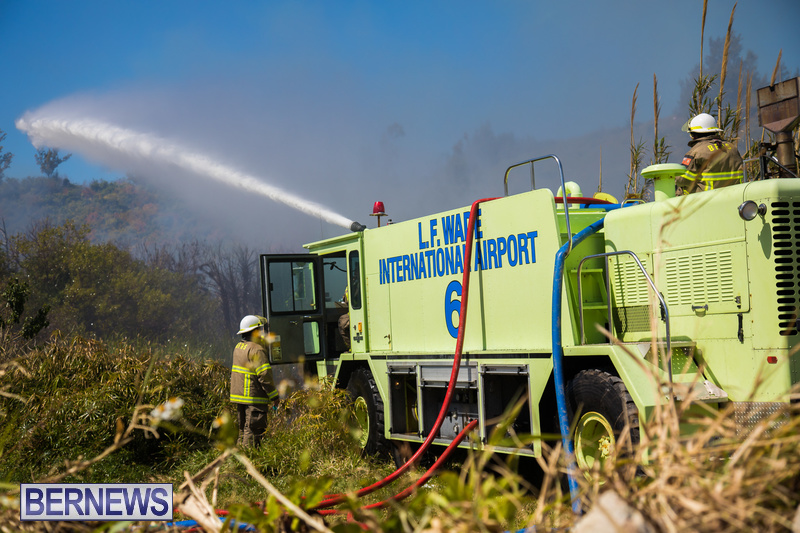
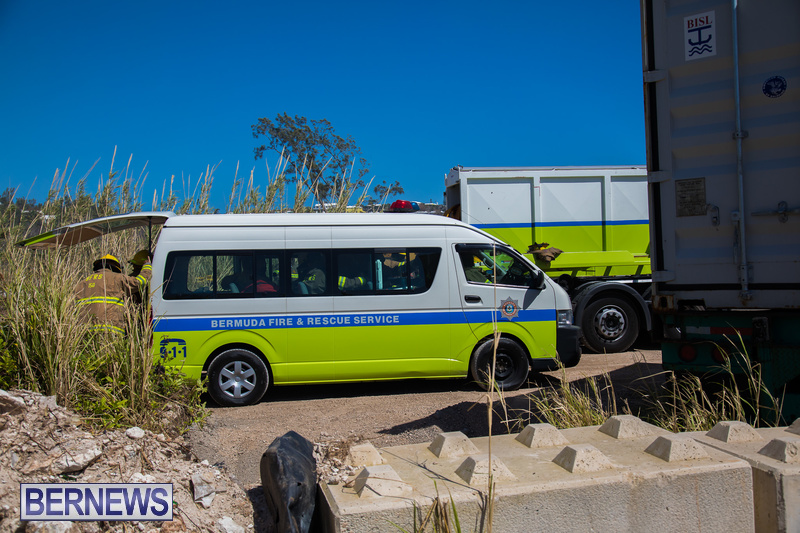
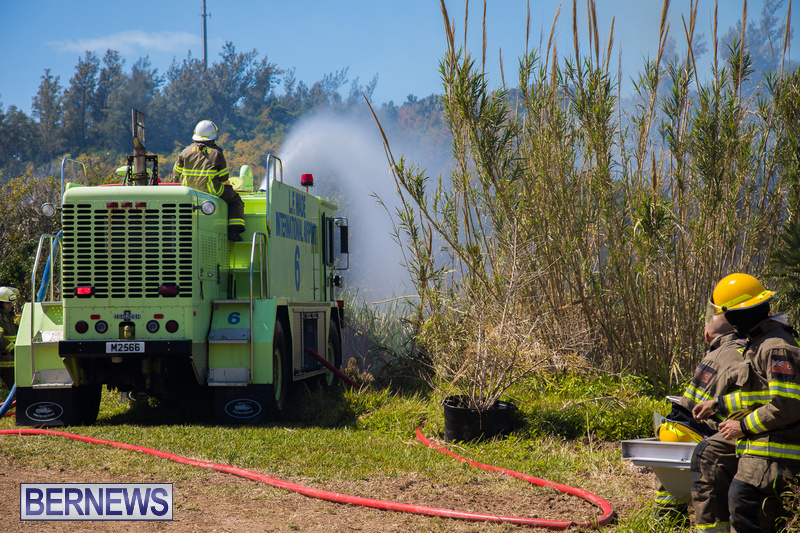
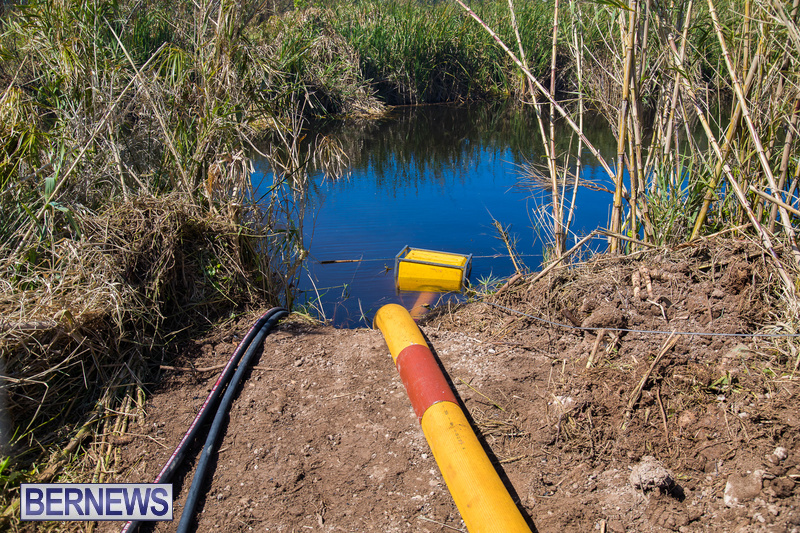
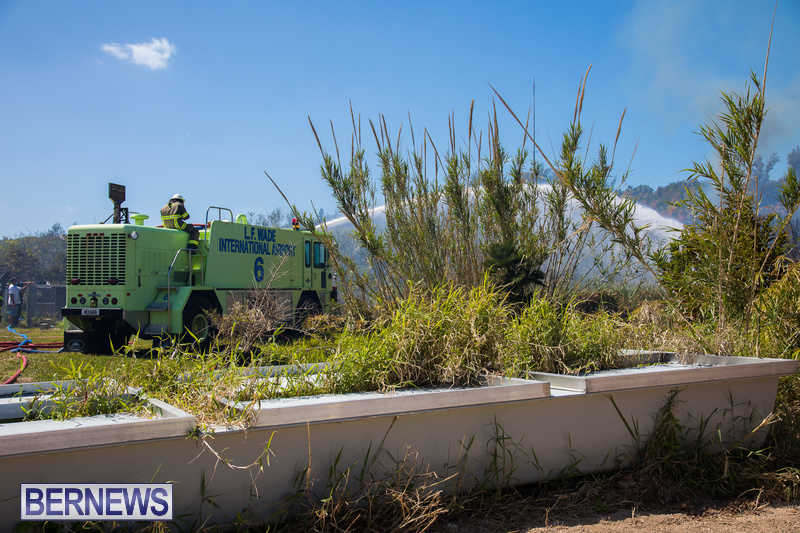
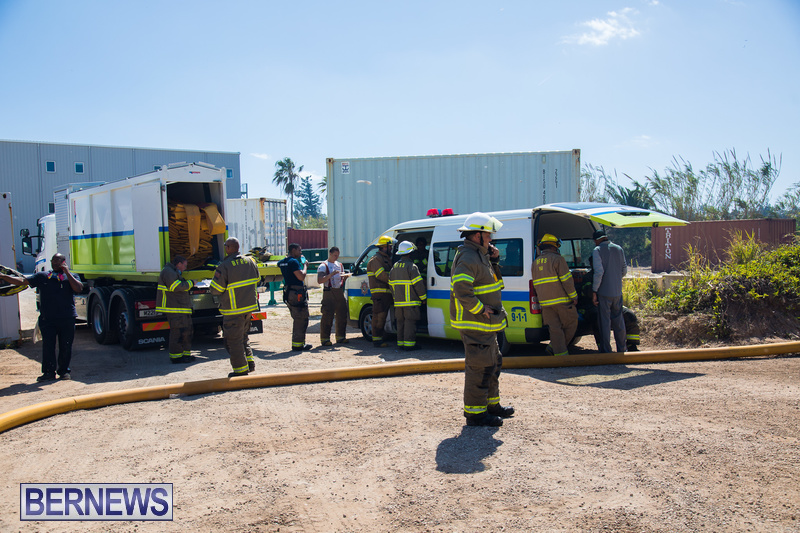
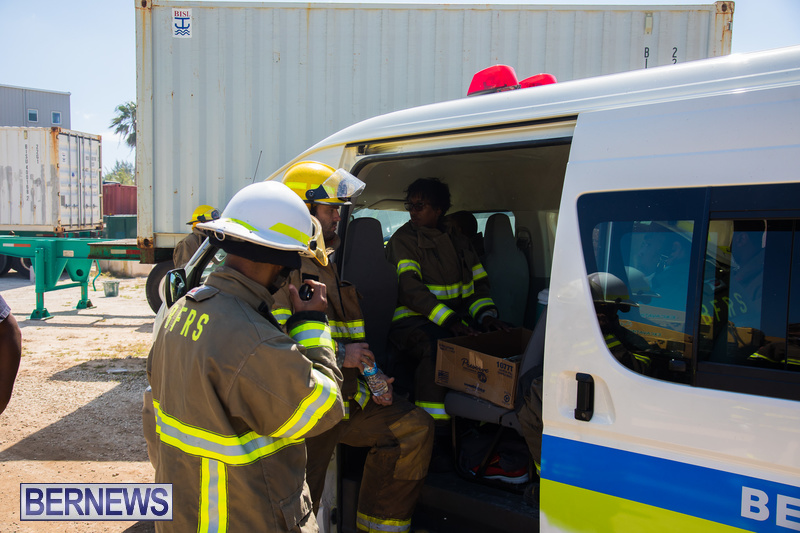
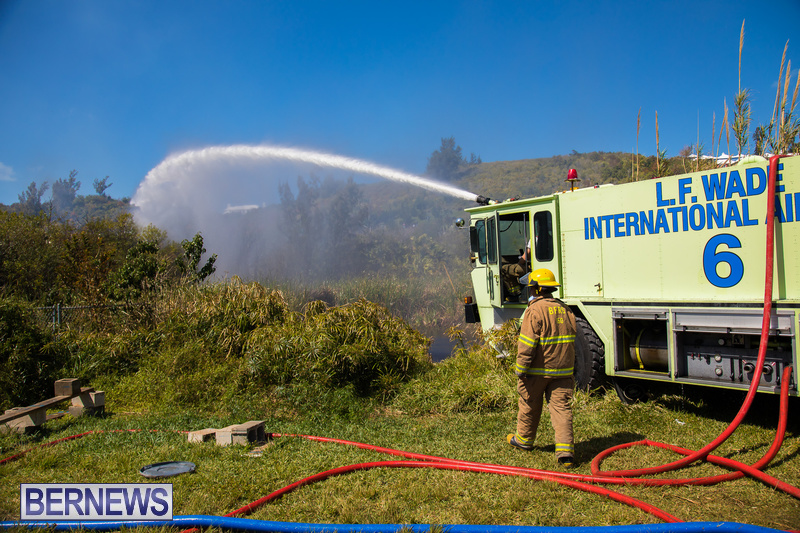
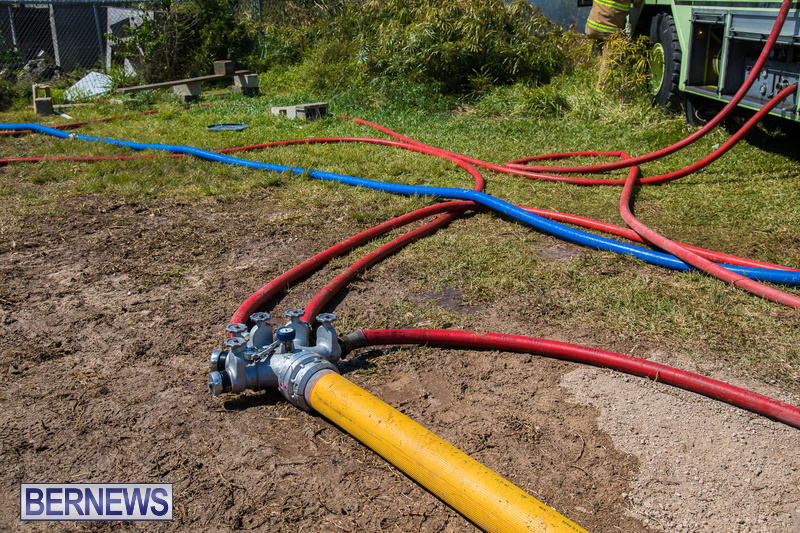
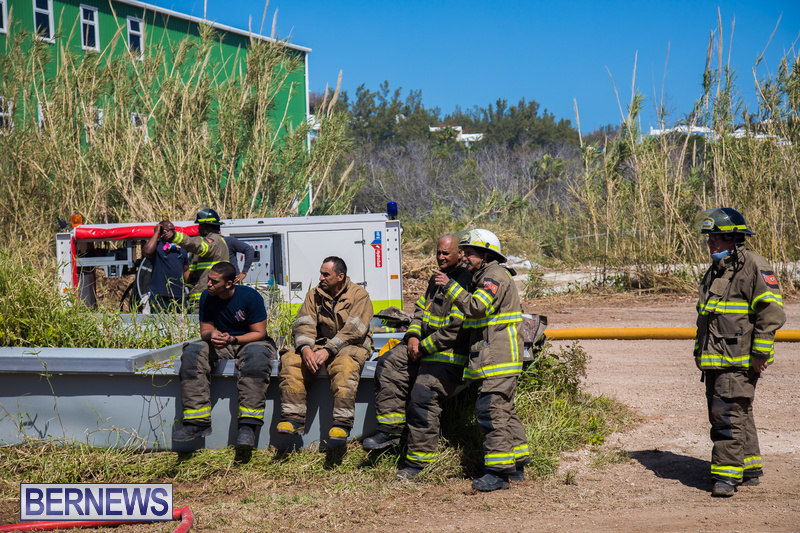
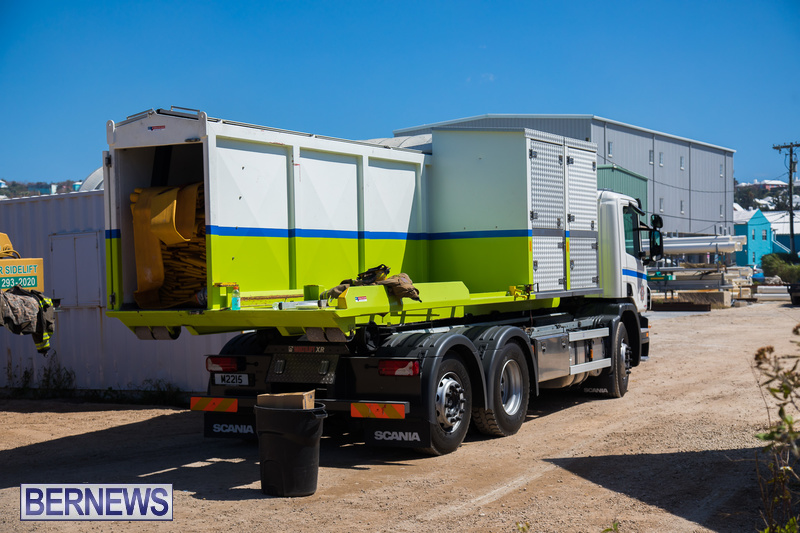
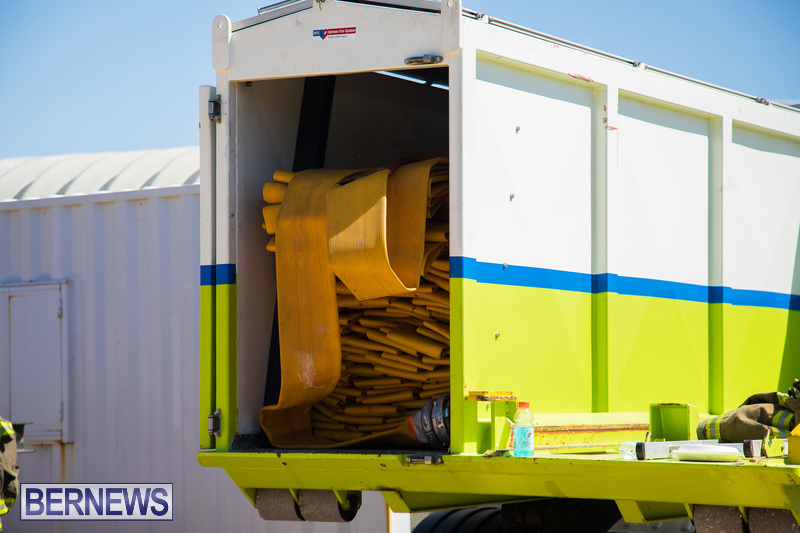
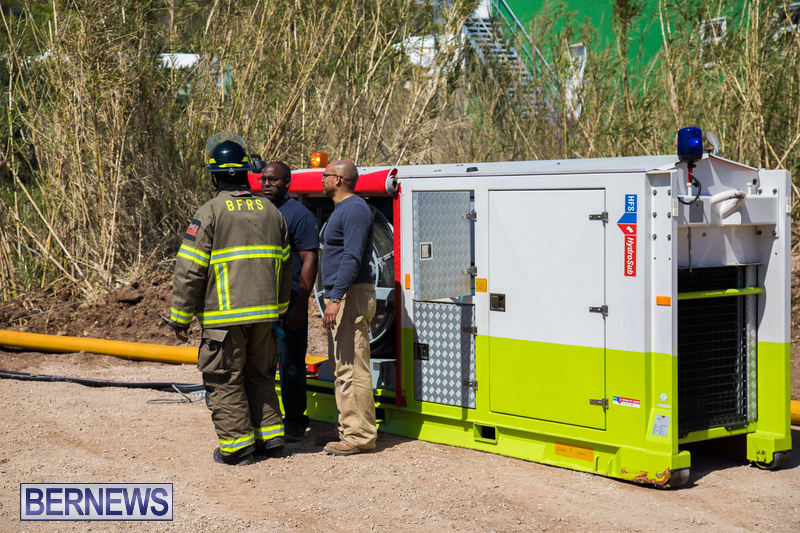

Looks like someone is encroaching into the marsh, agin, this time between the old Howards and Bermuda Strippers.
All well water in Pembroke ,devonshire and surrounding parishes must be tested for this bacteria alternatively by at least three different sources of testing both here and overseas CDC must be notified immediately.